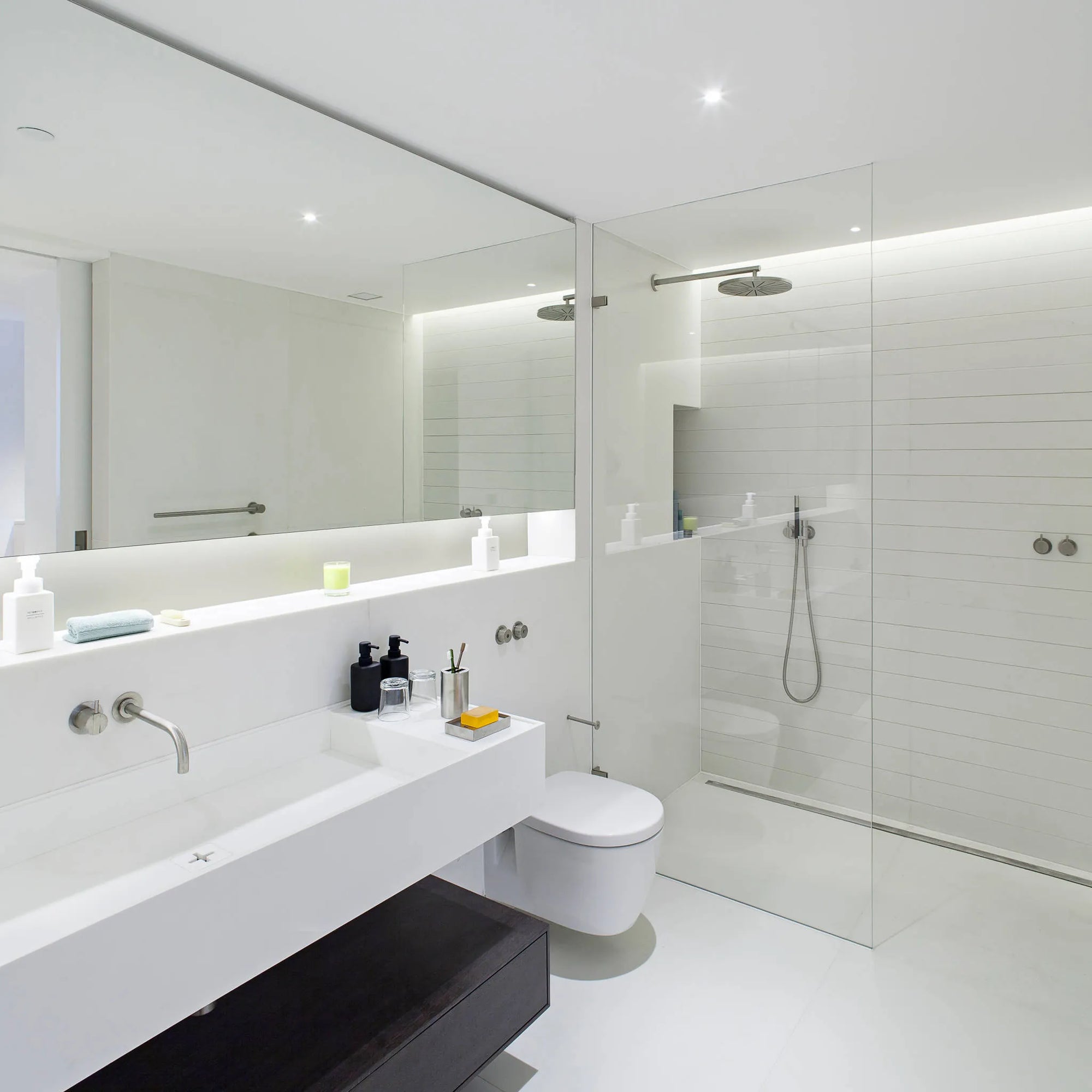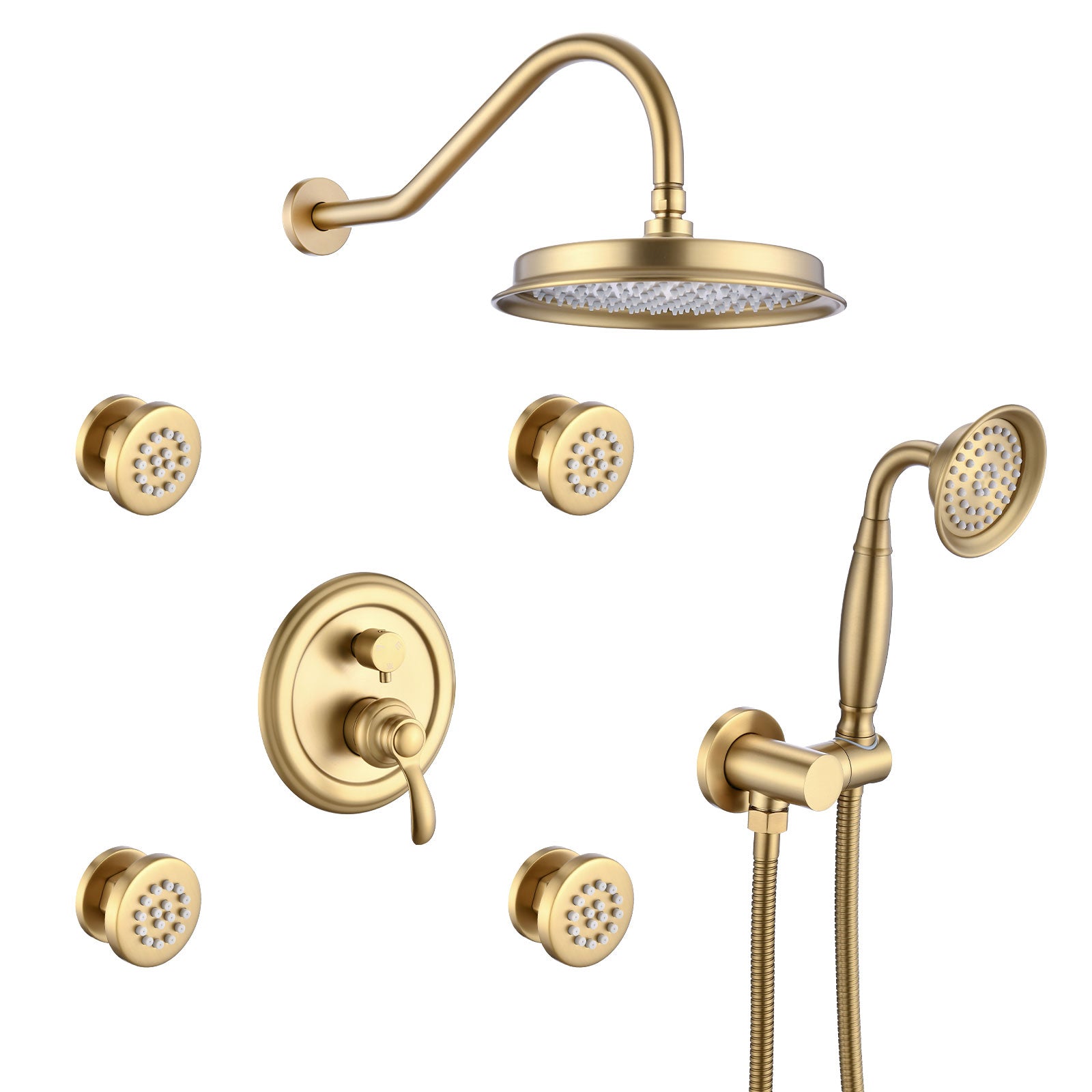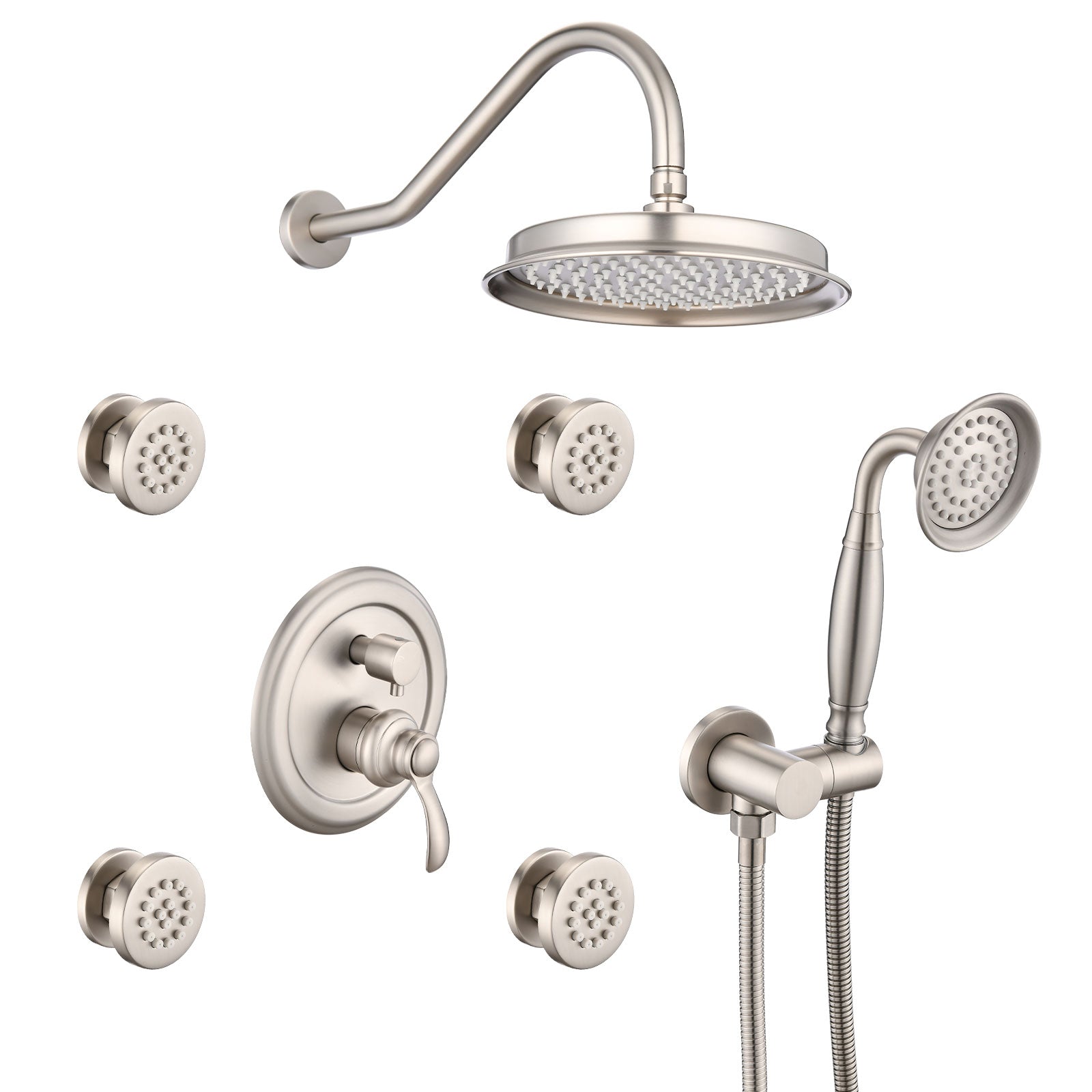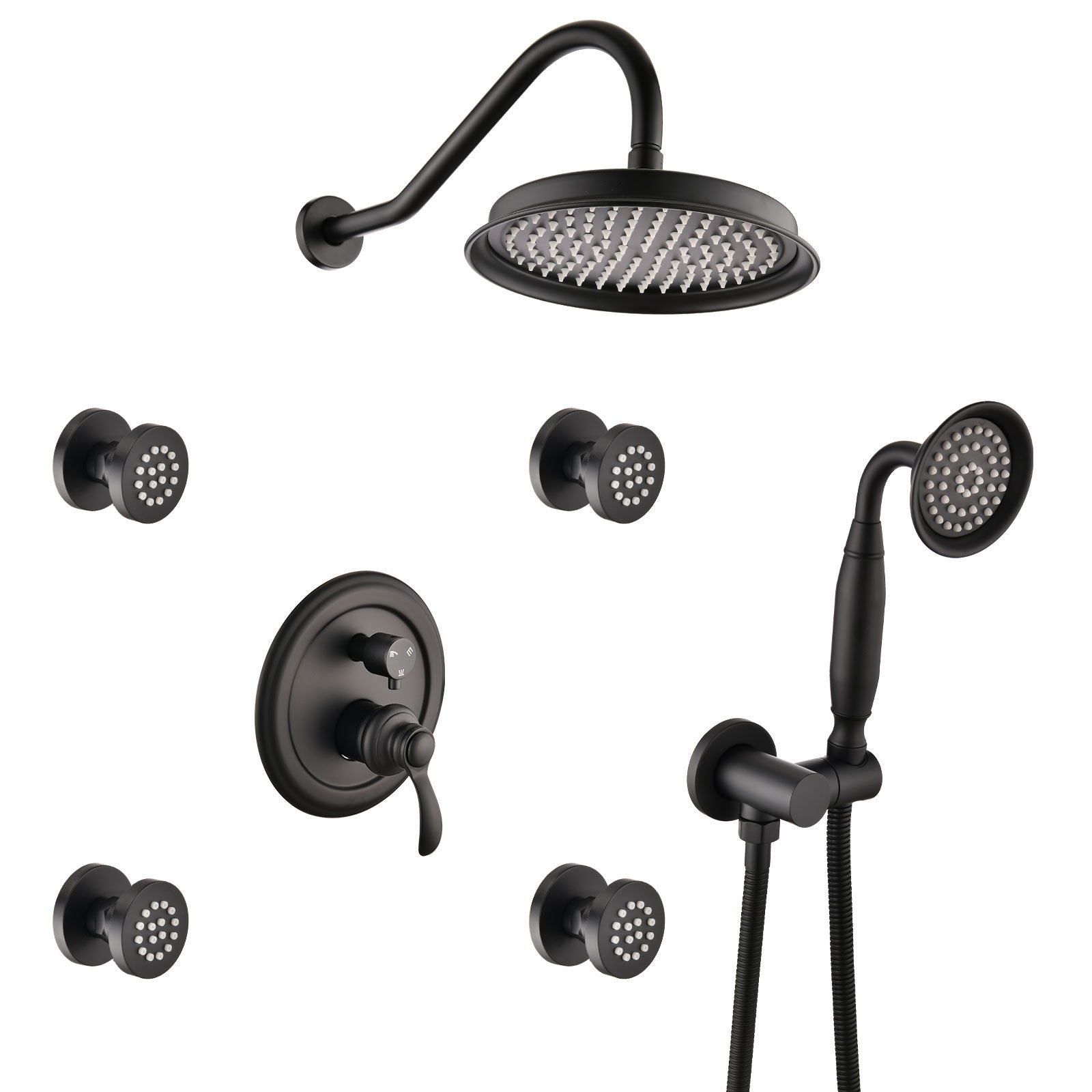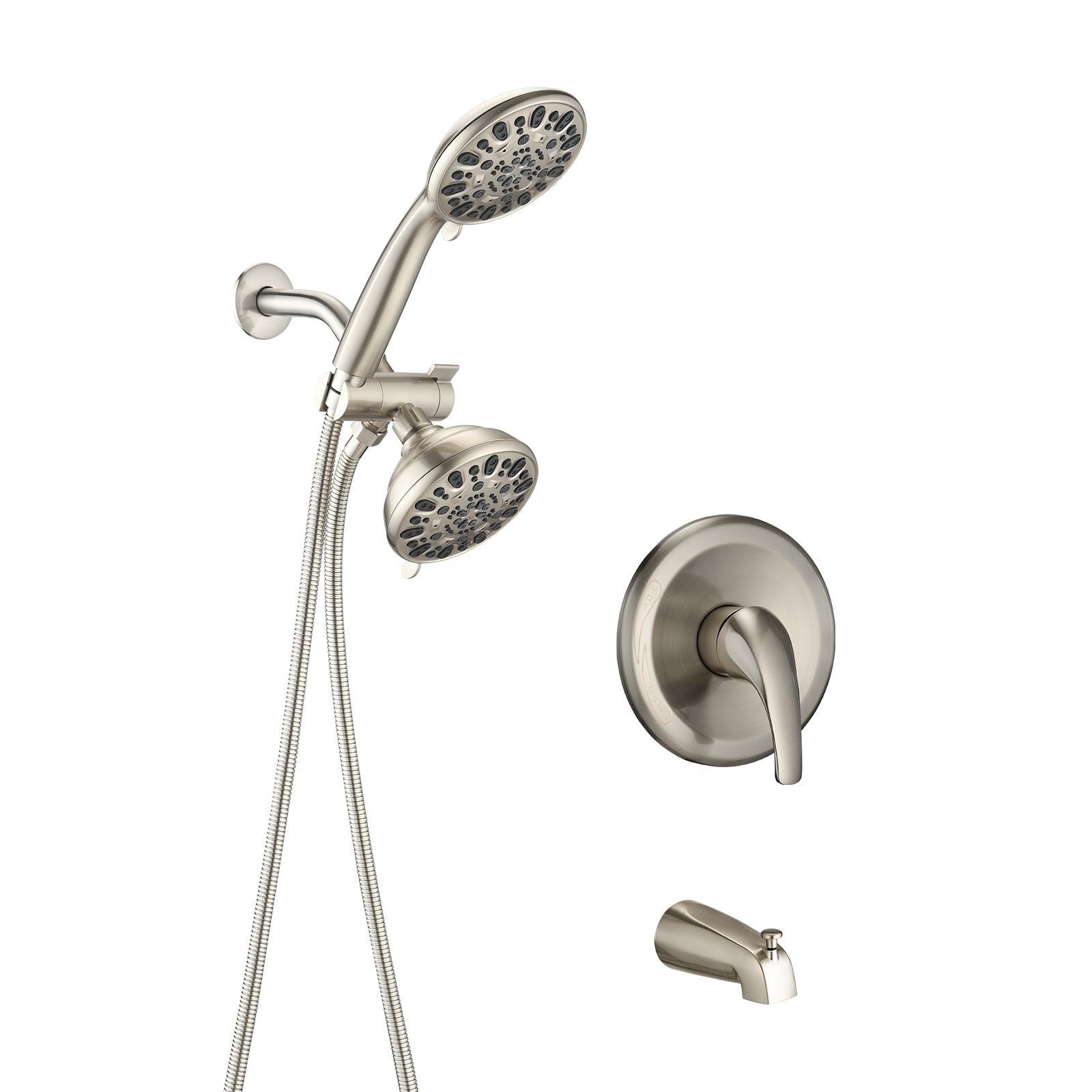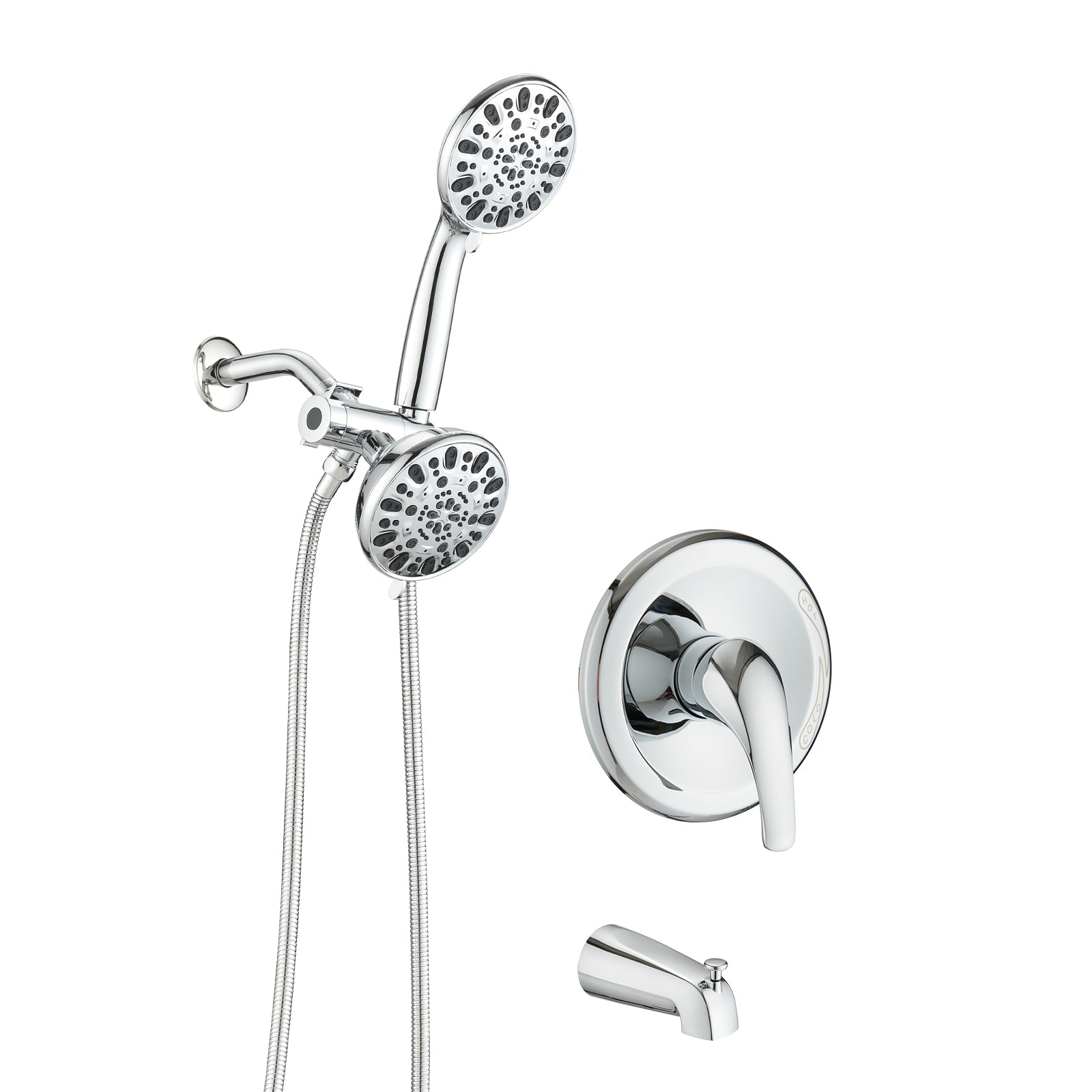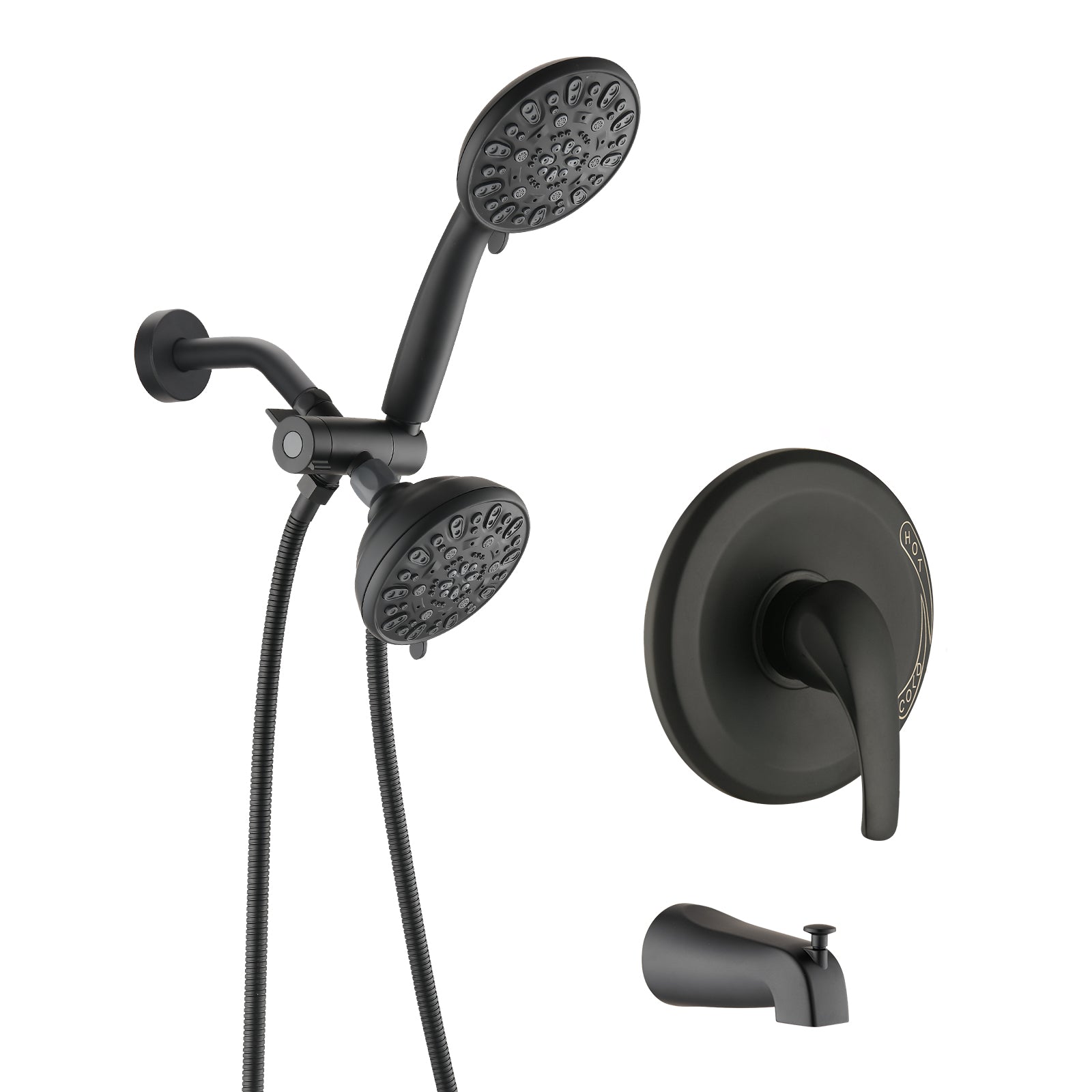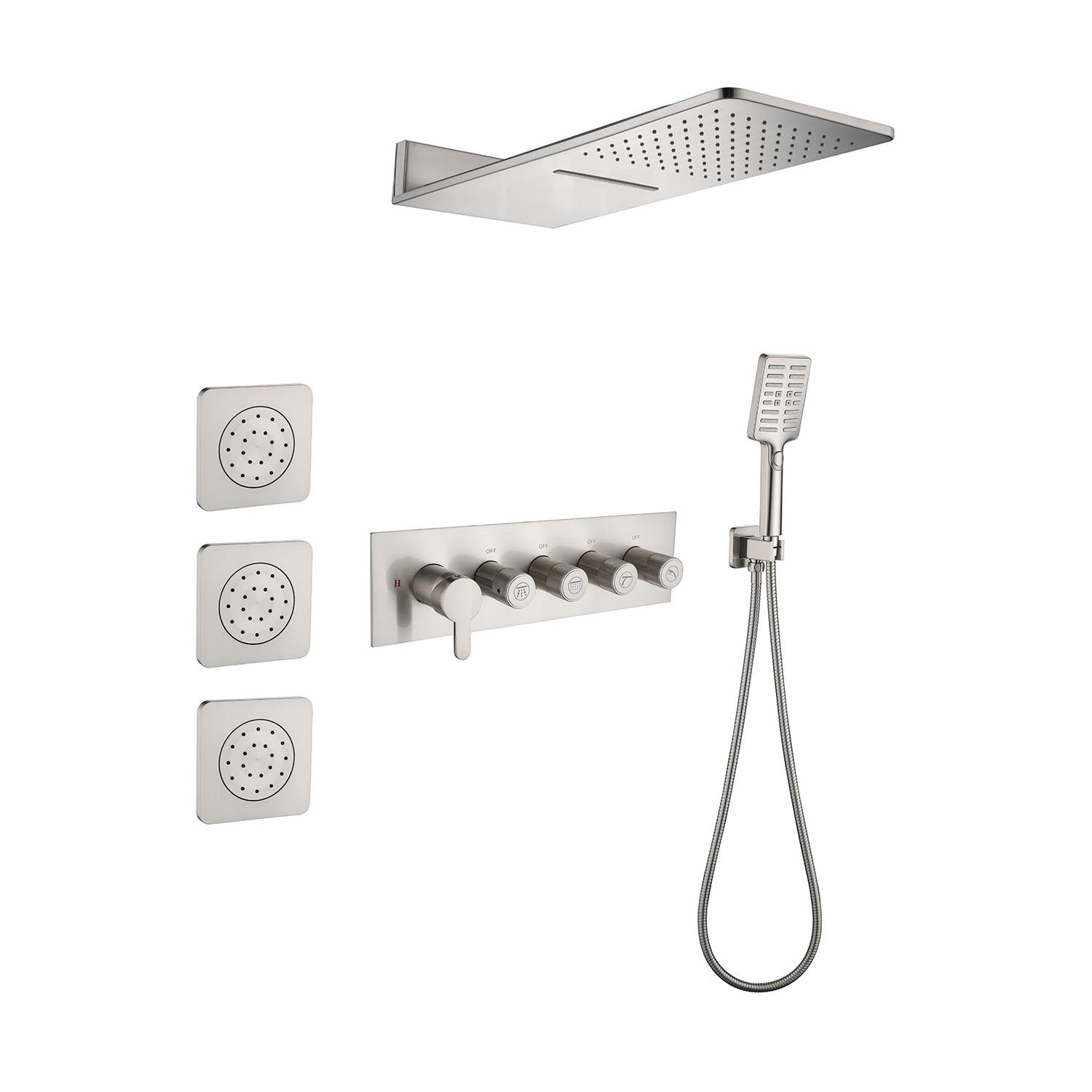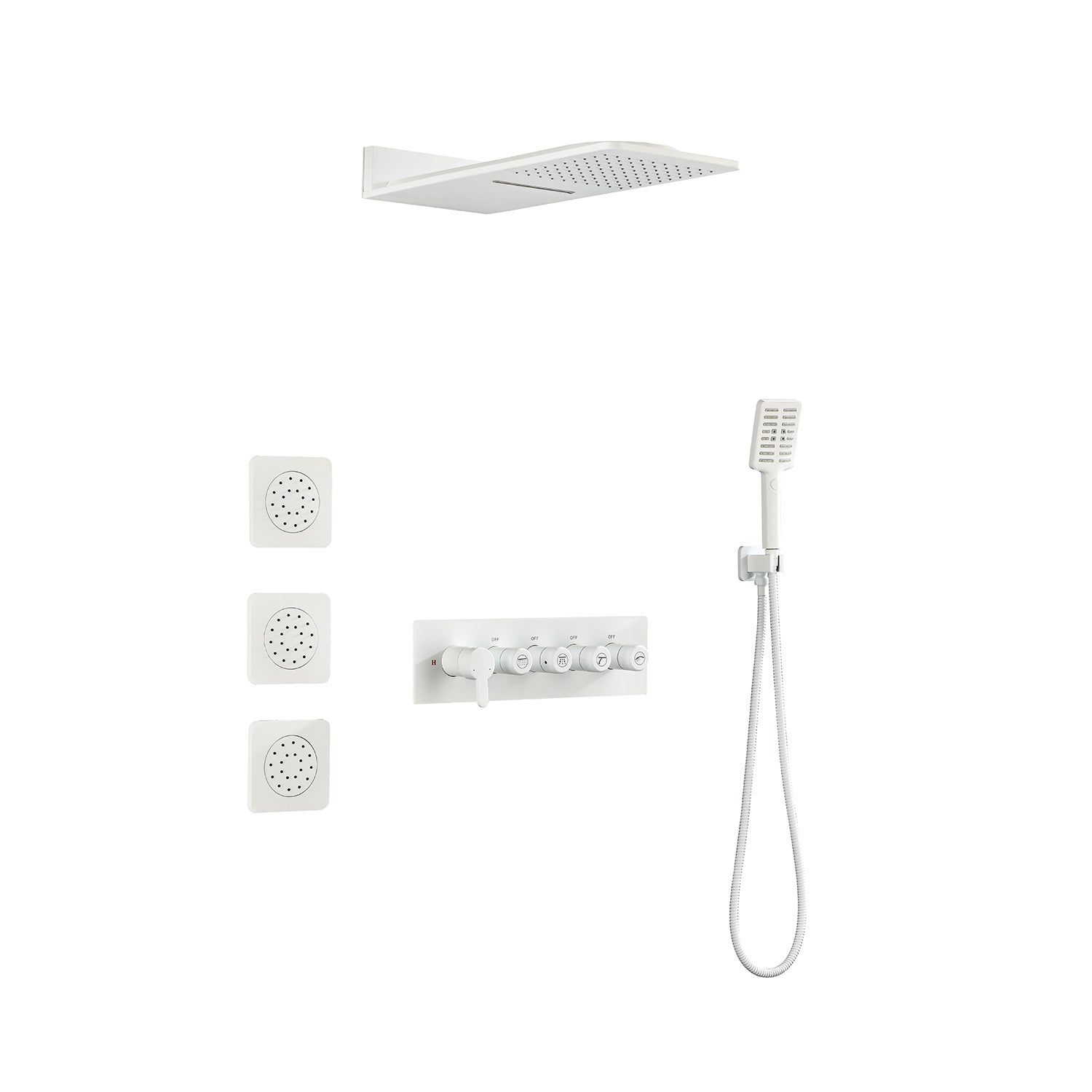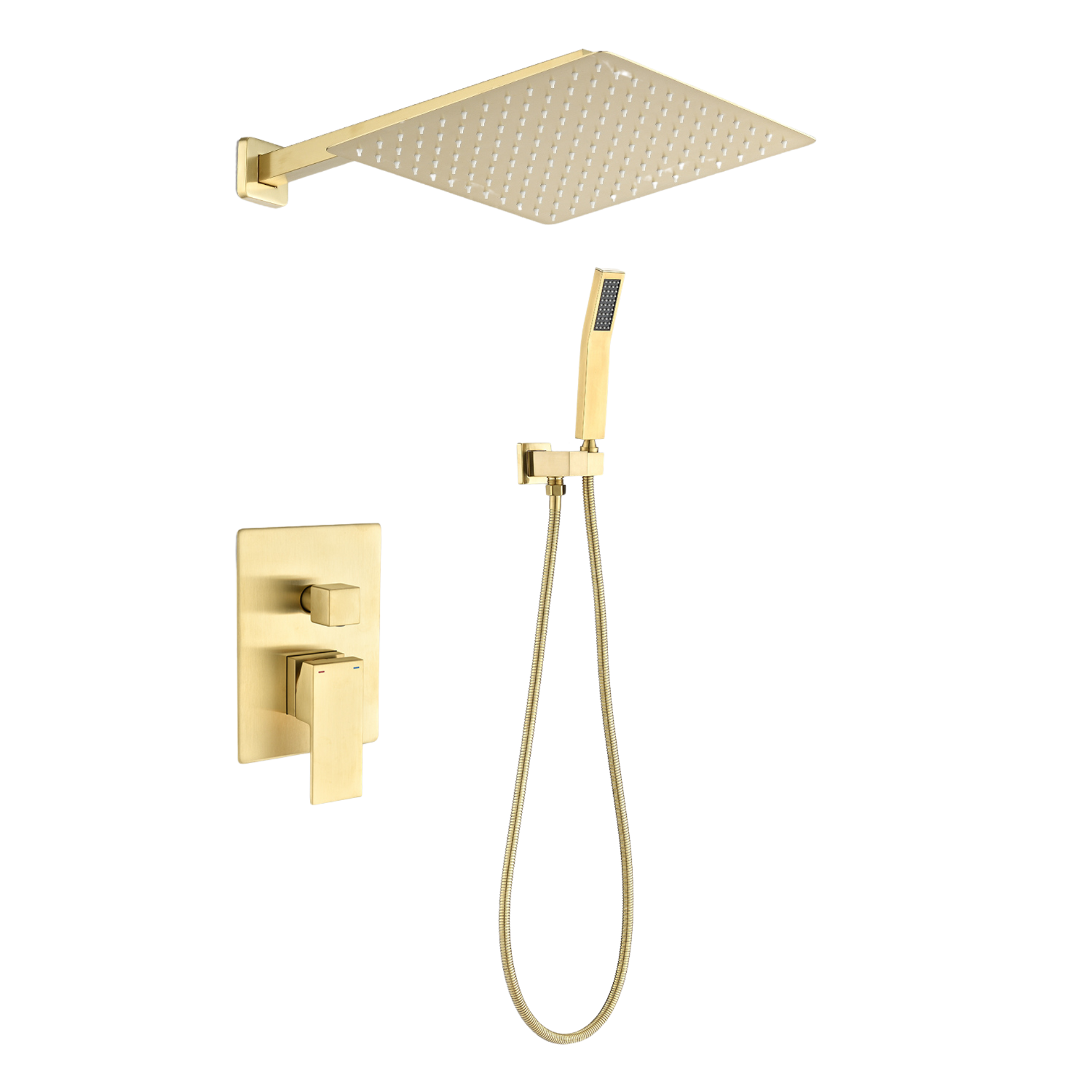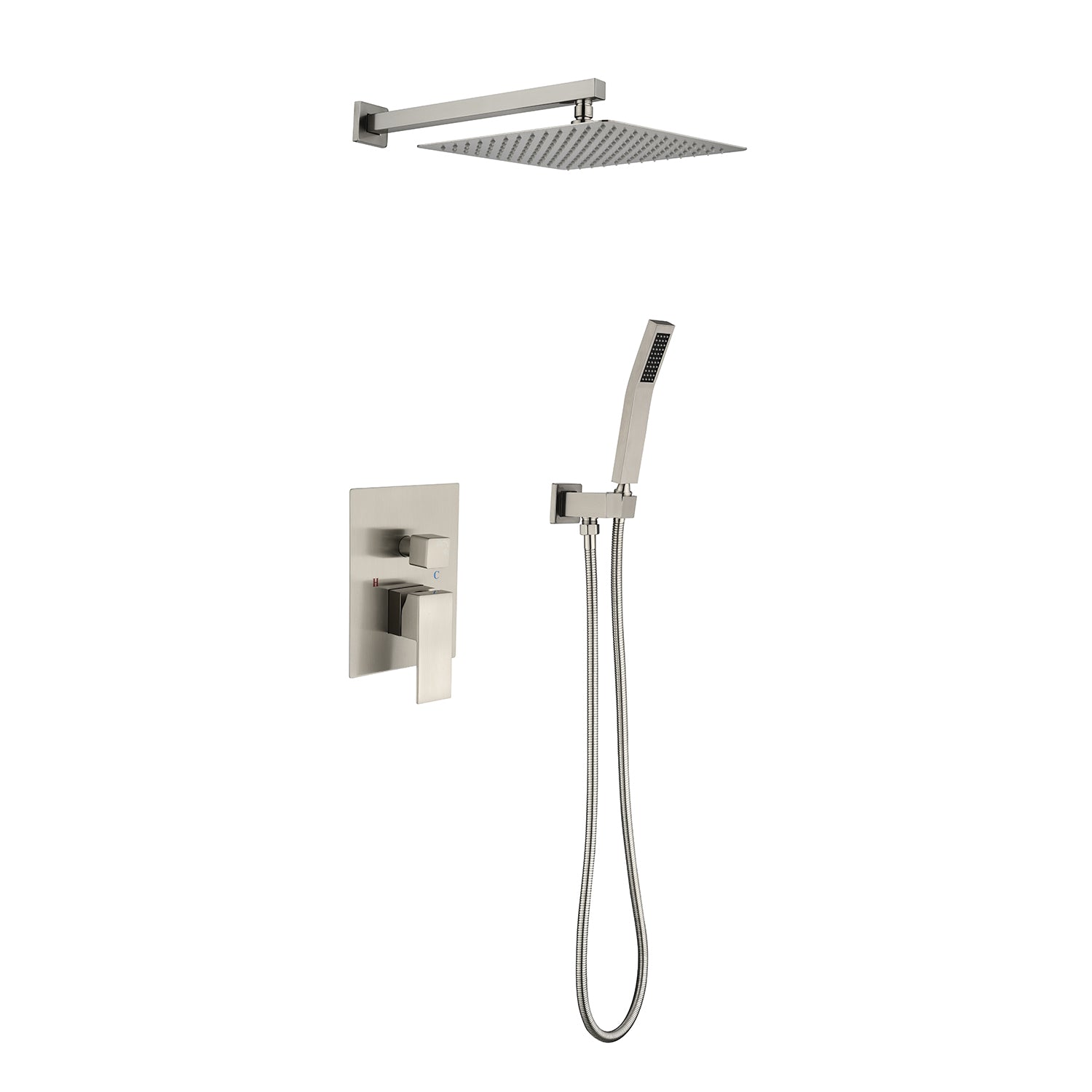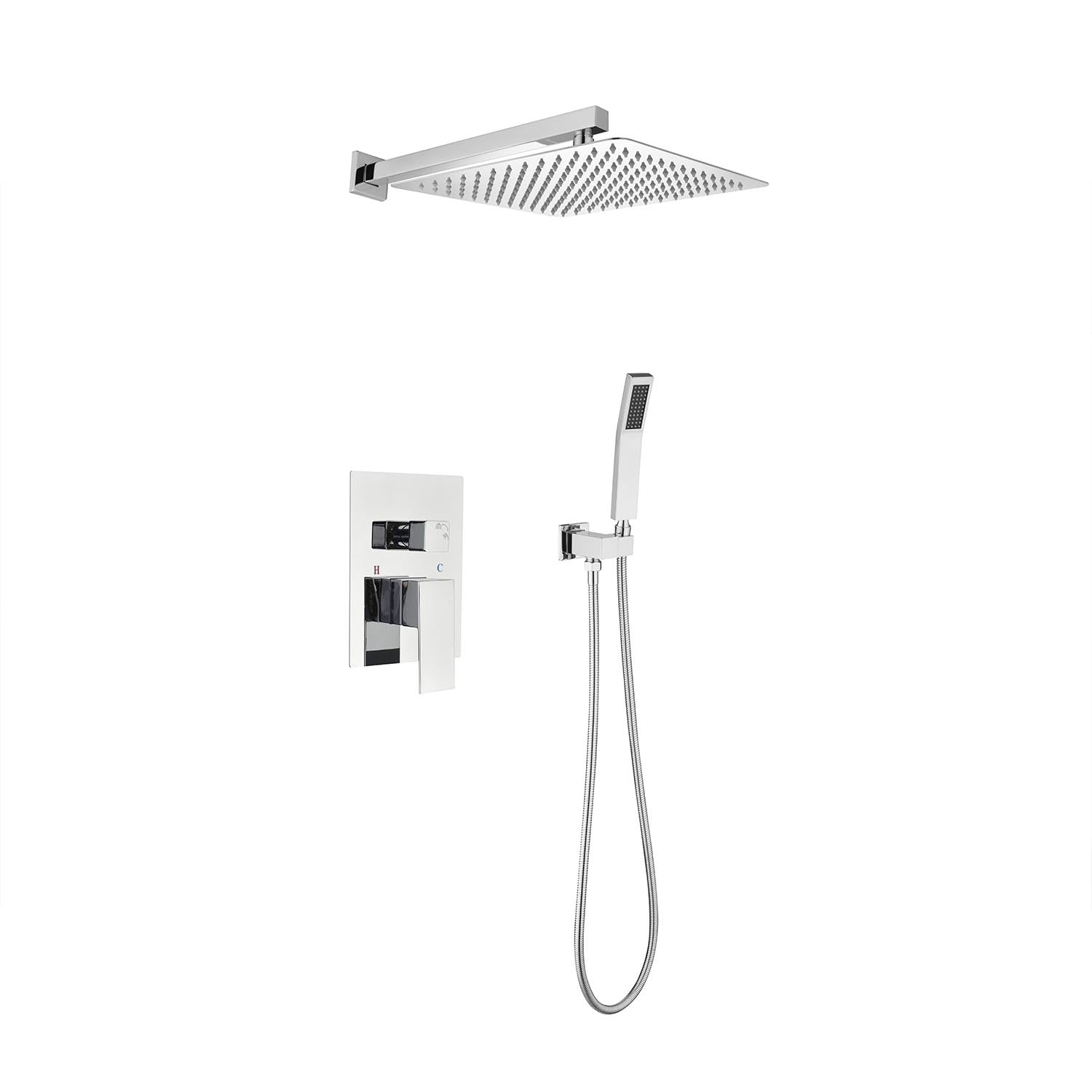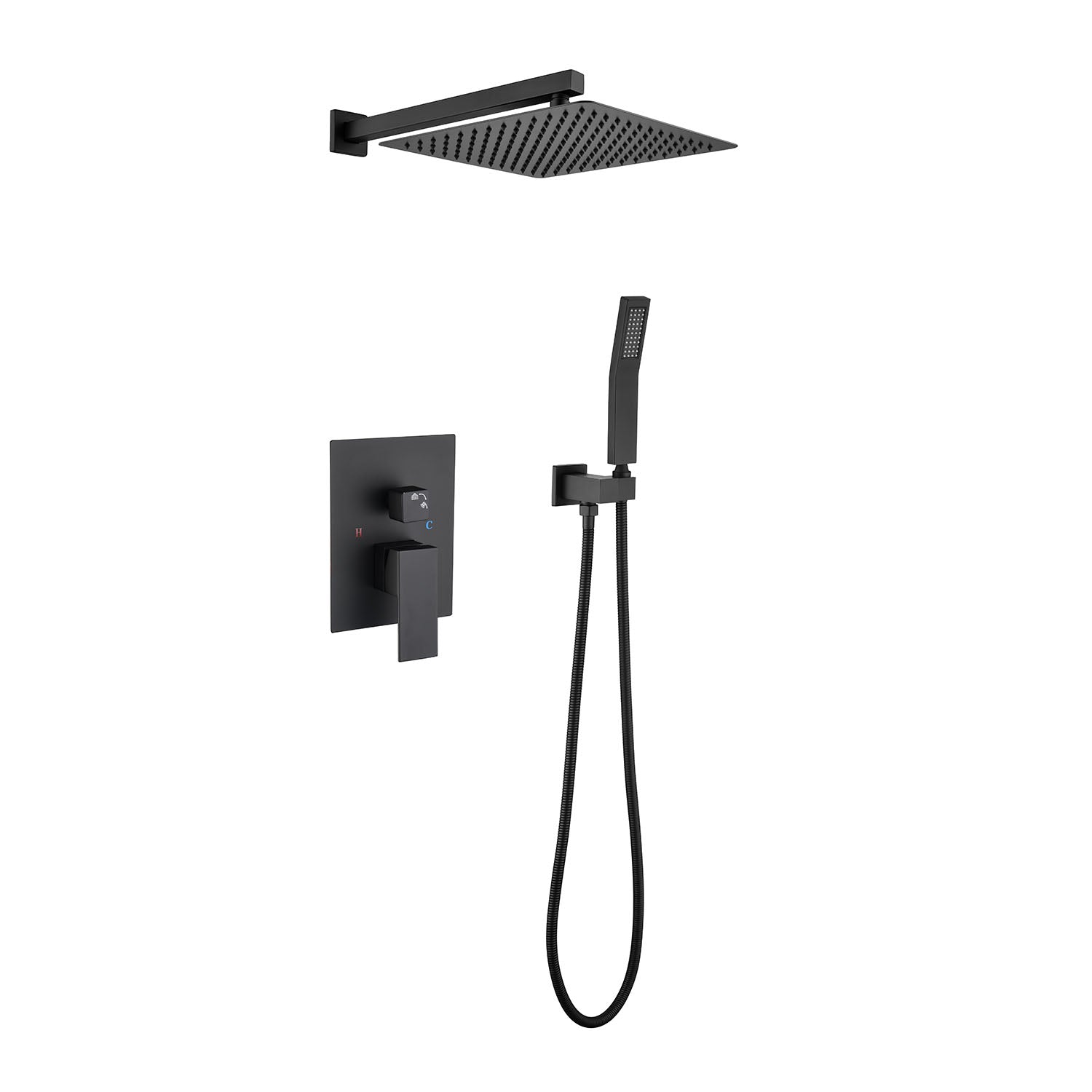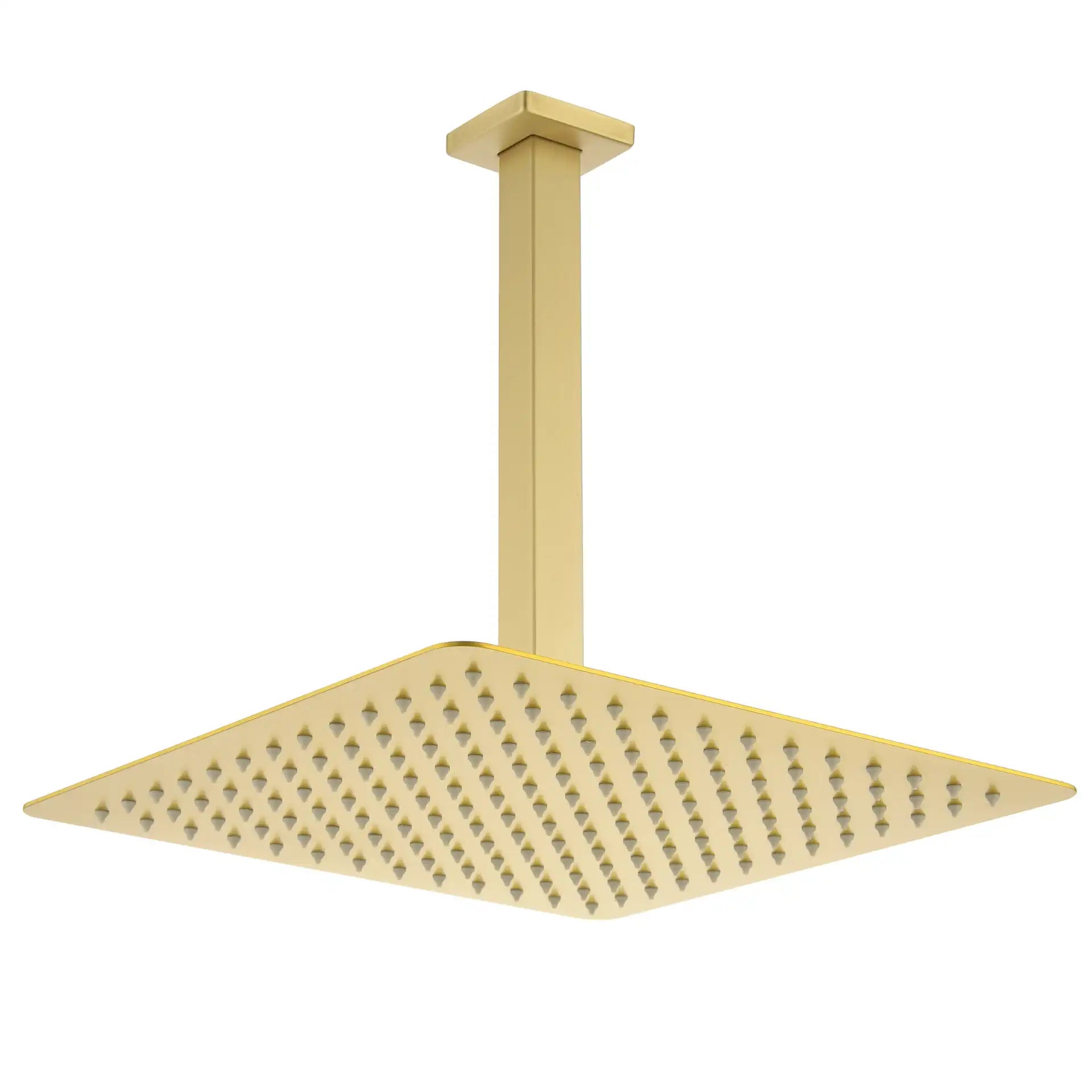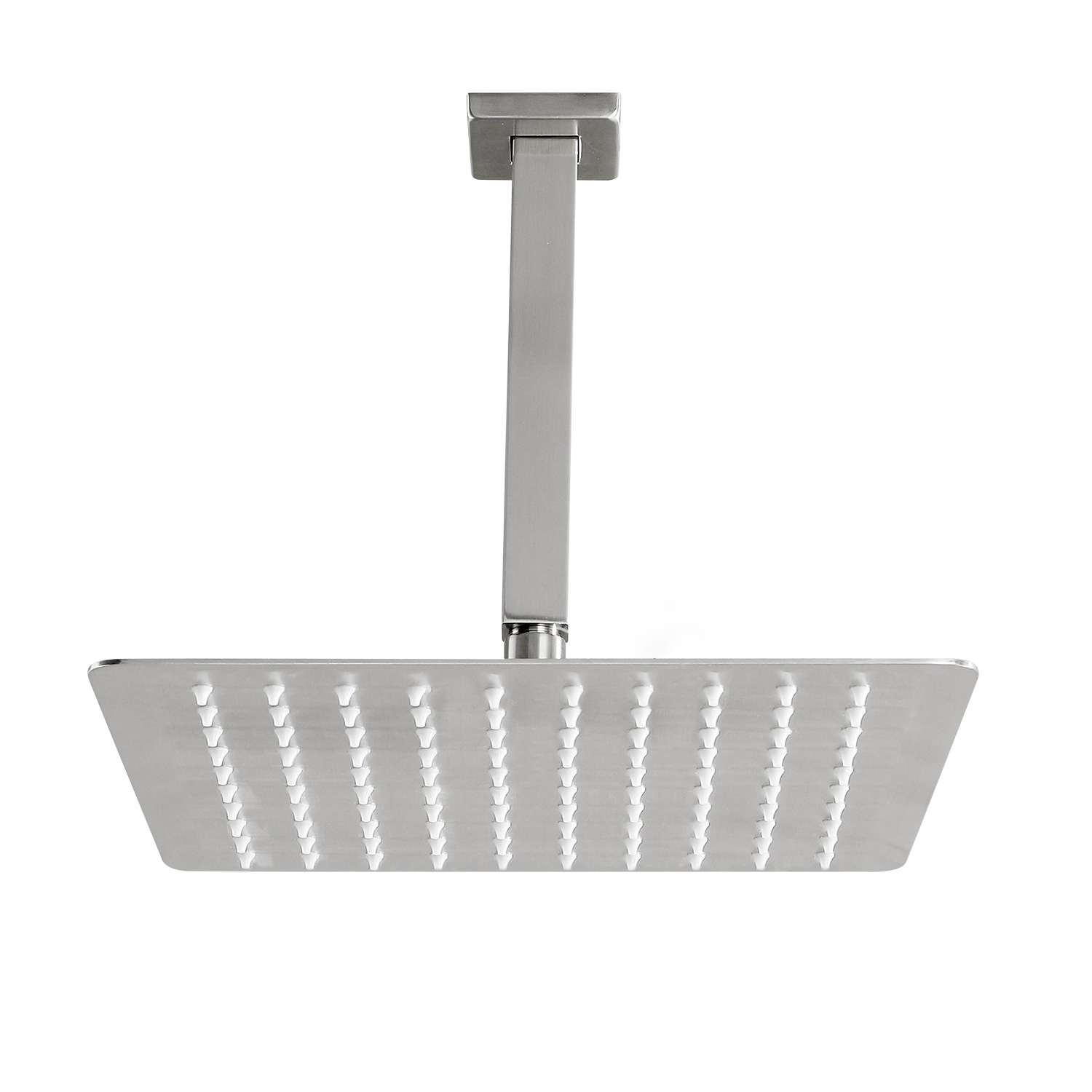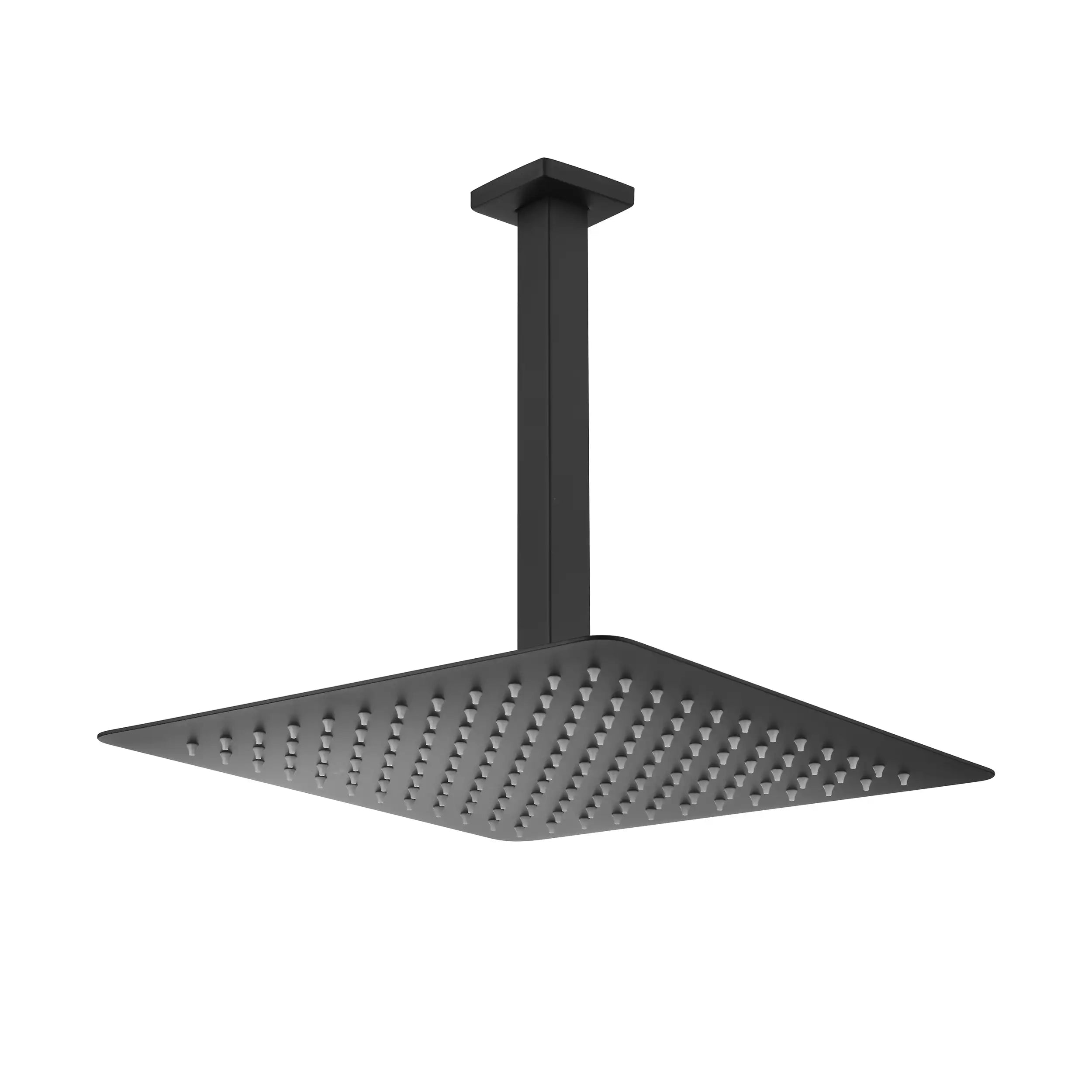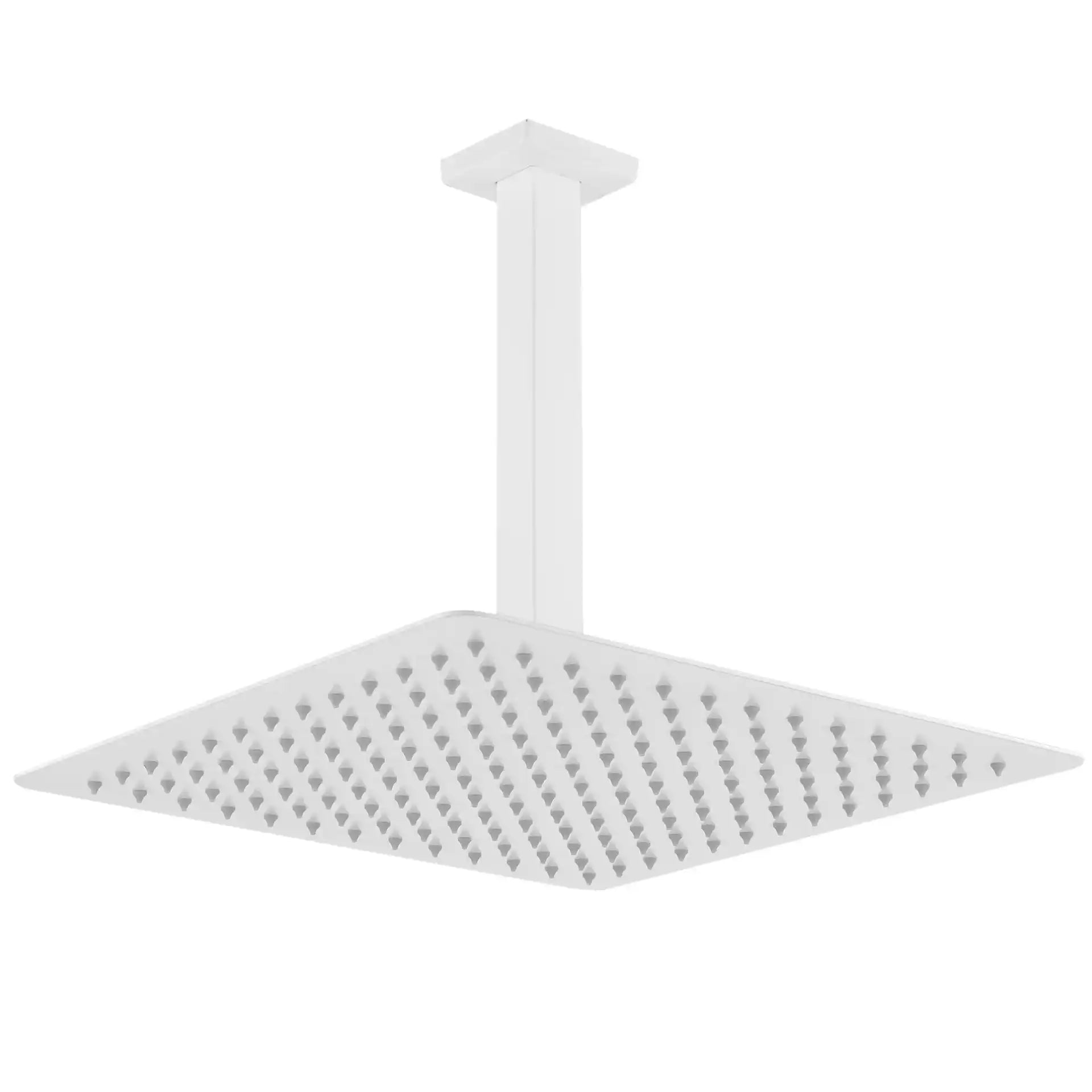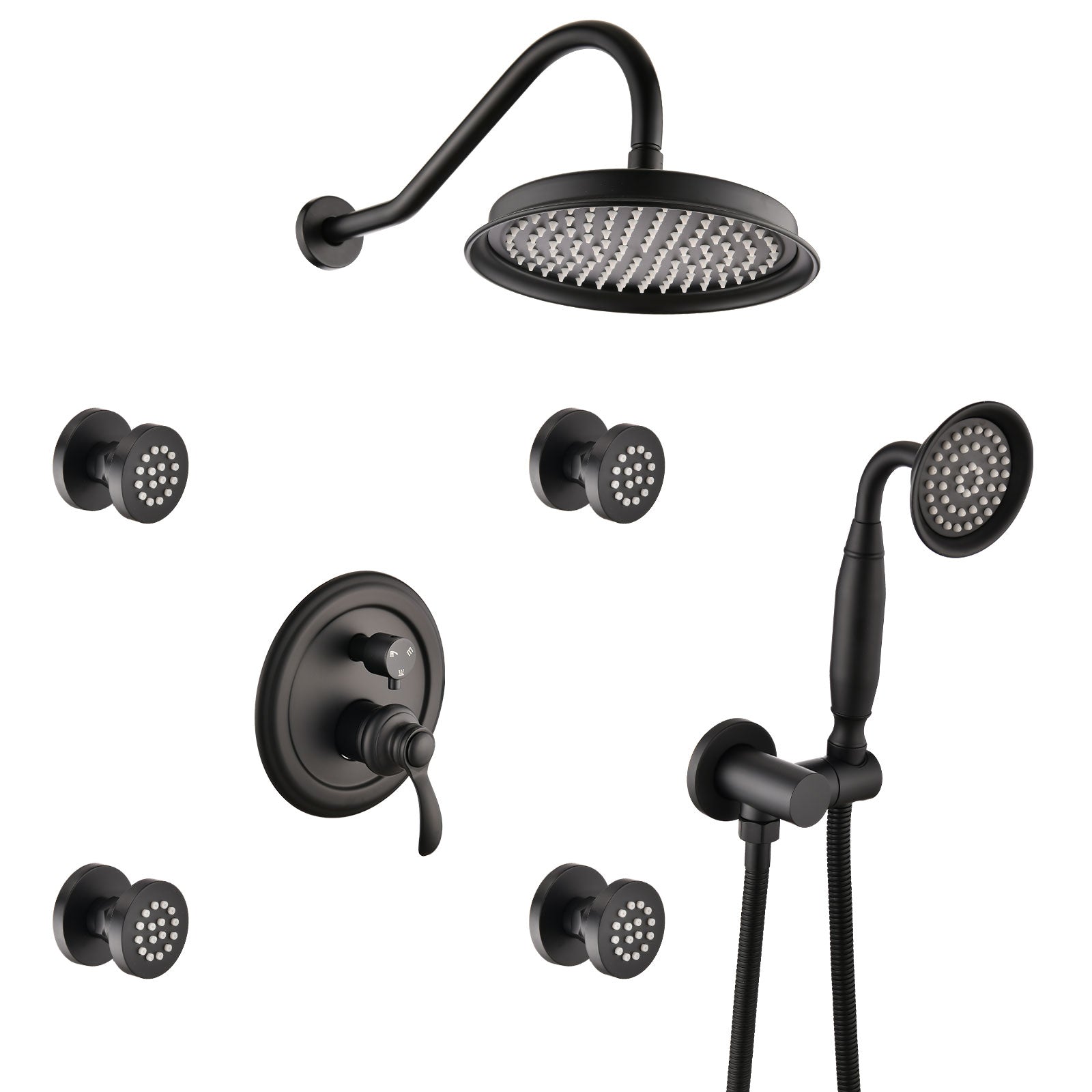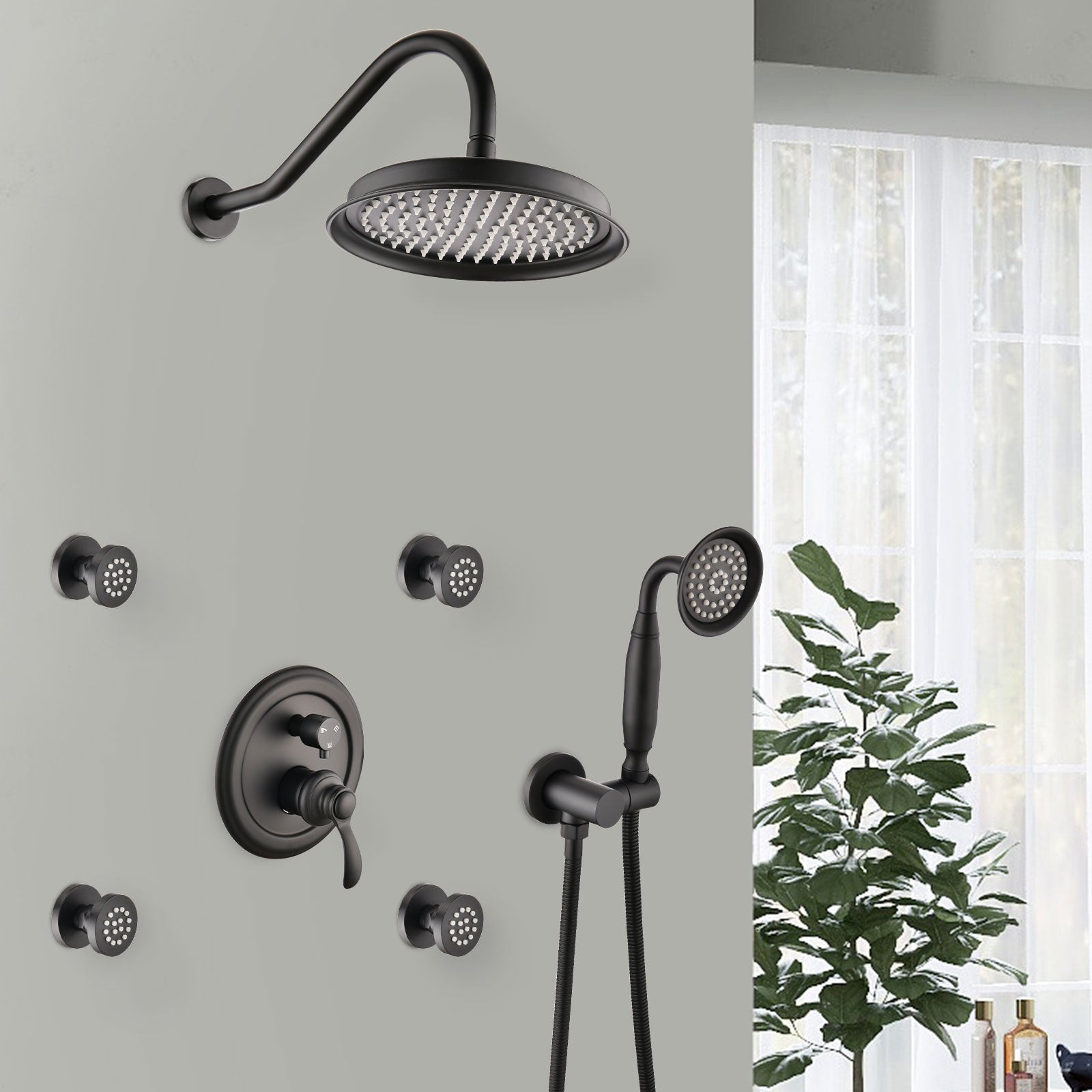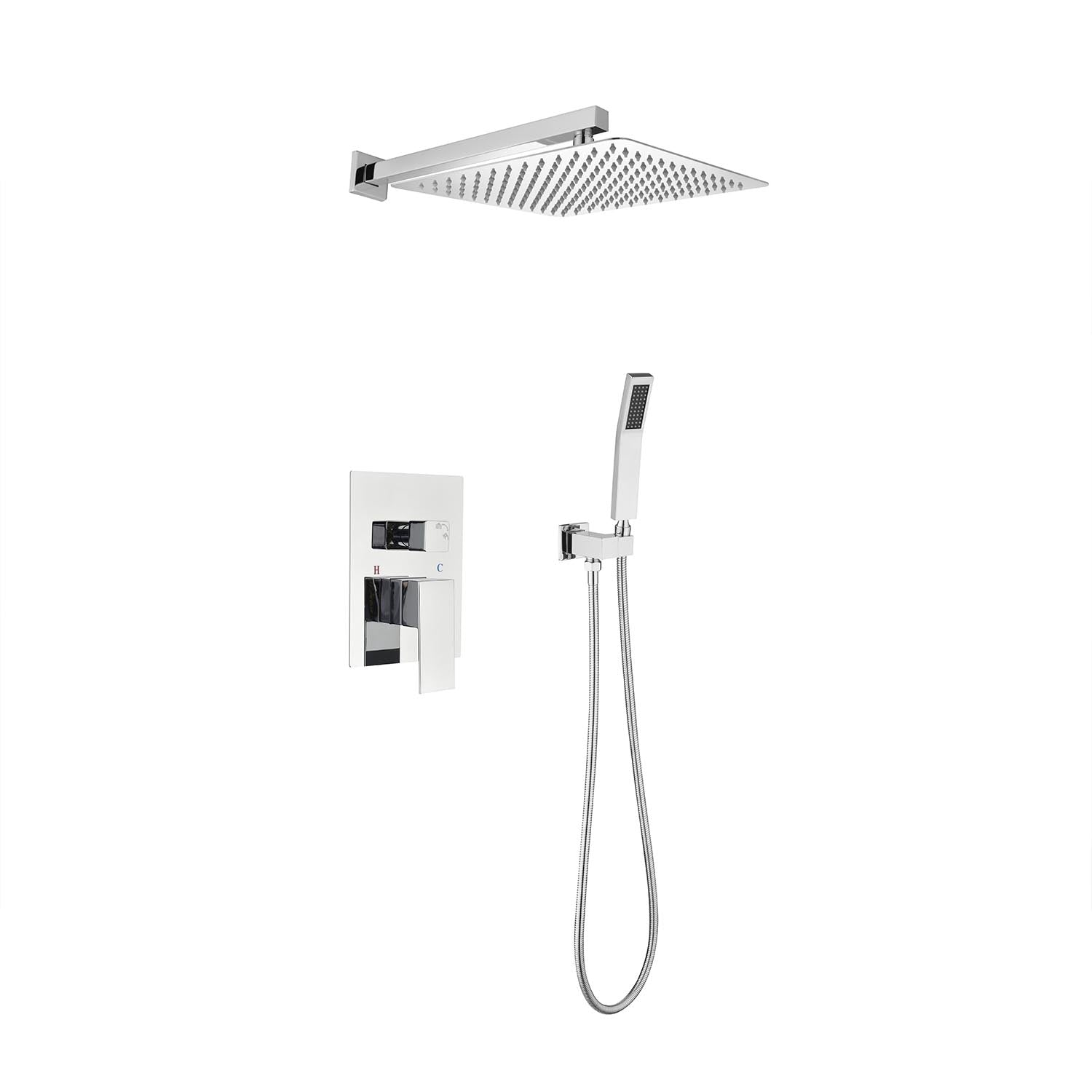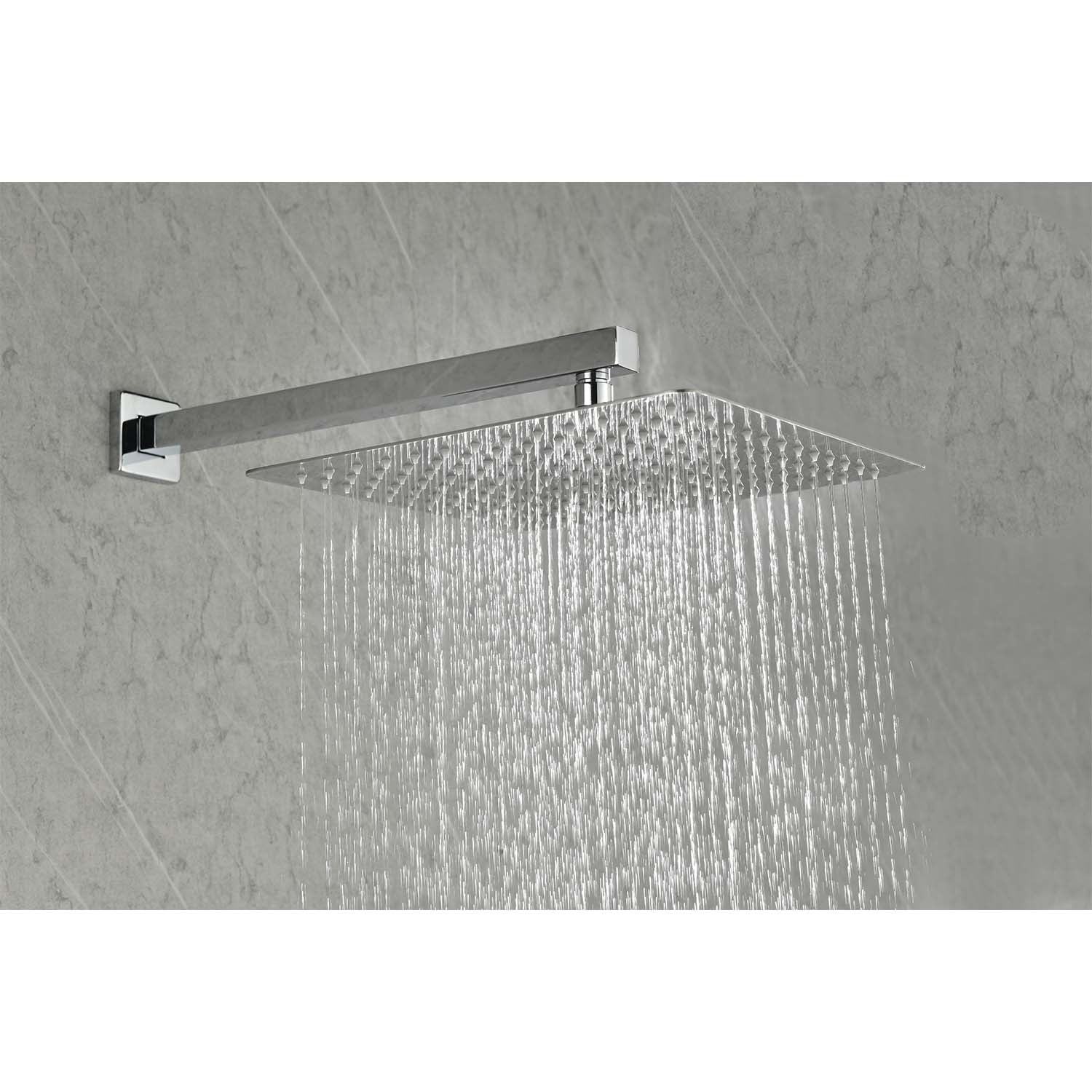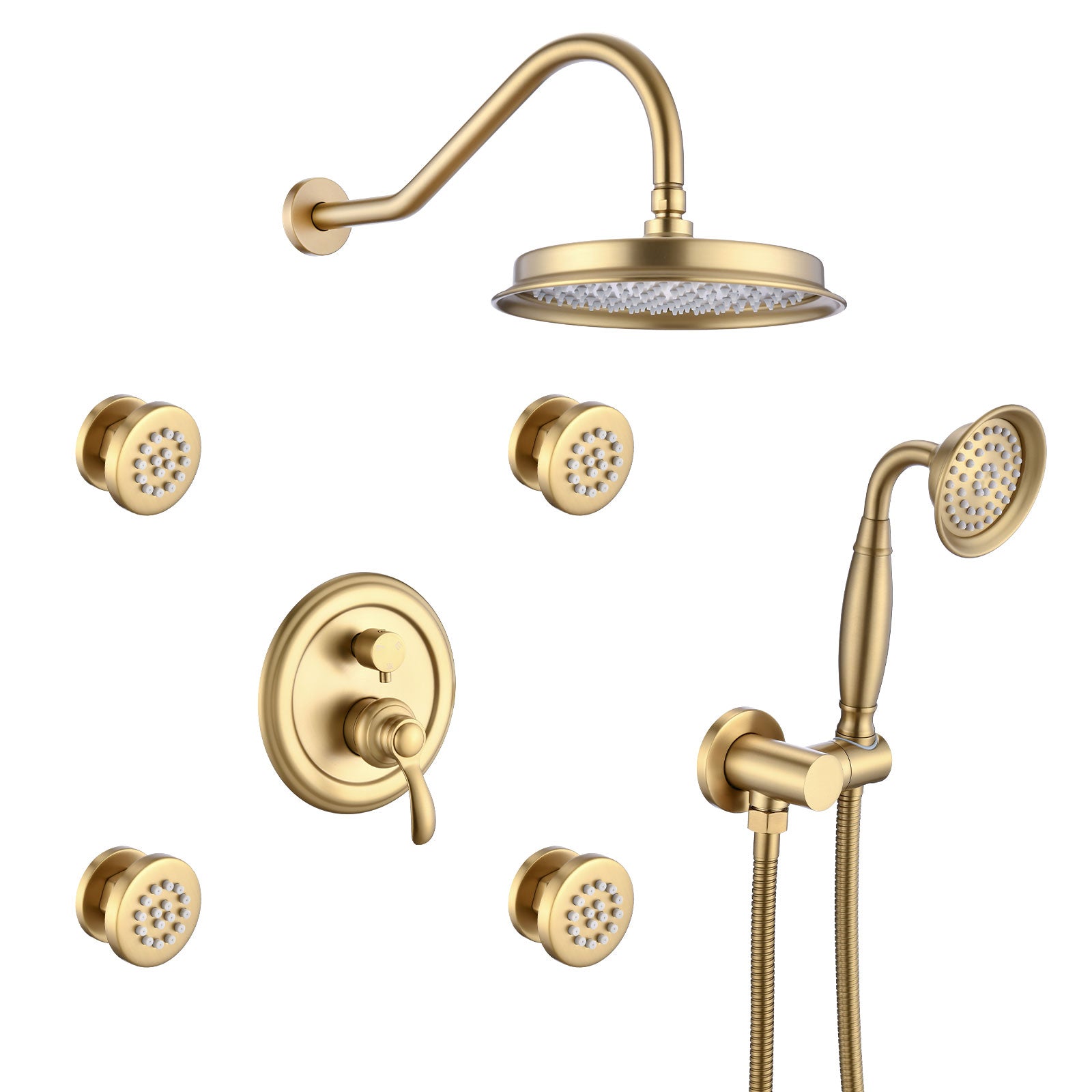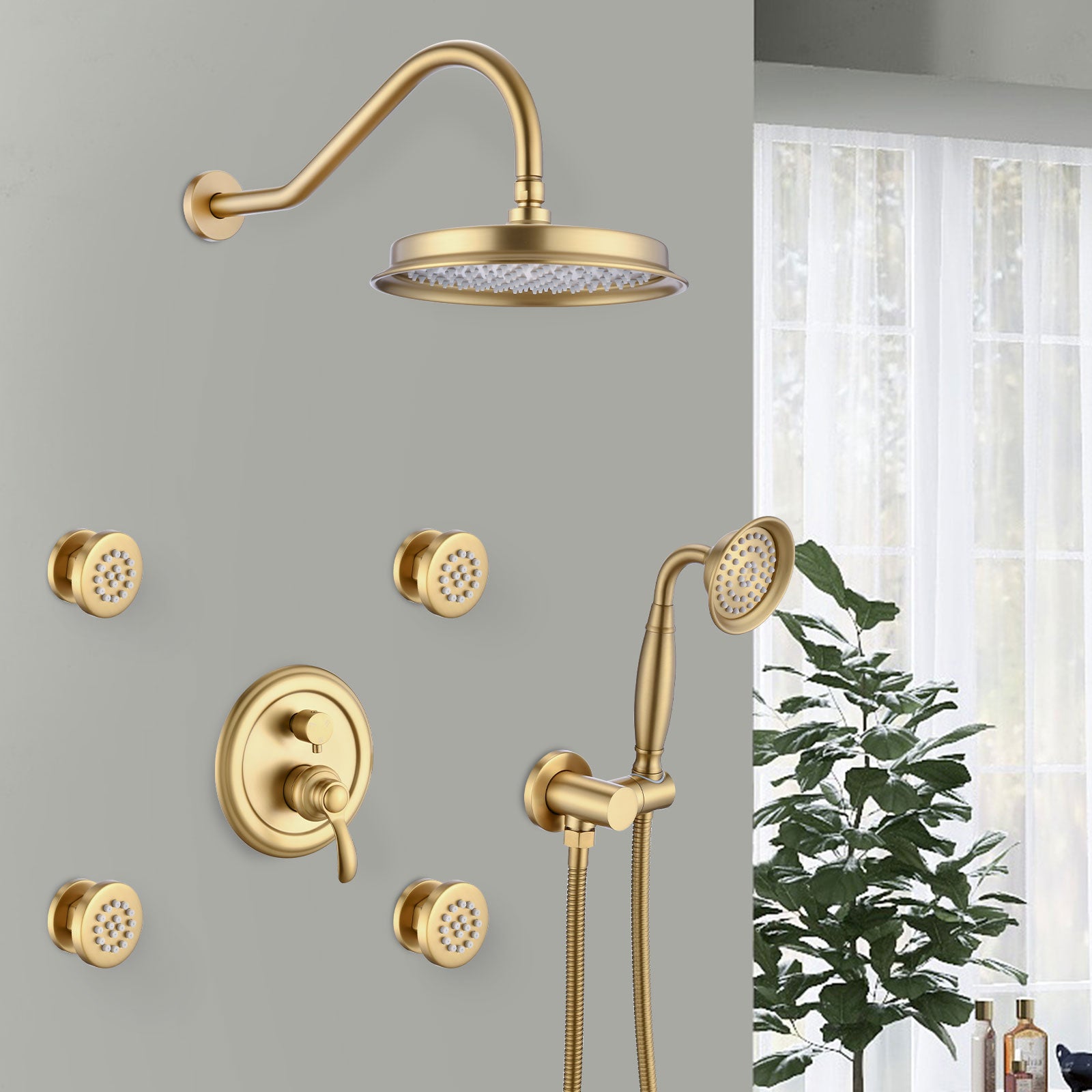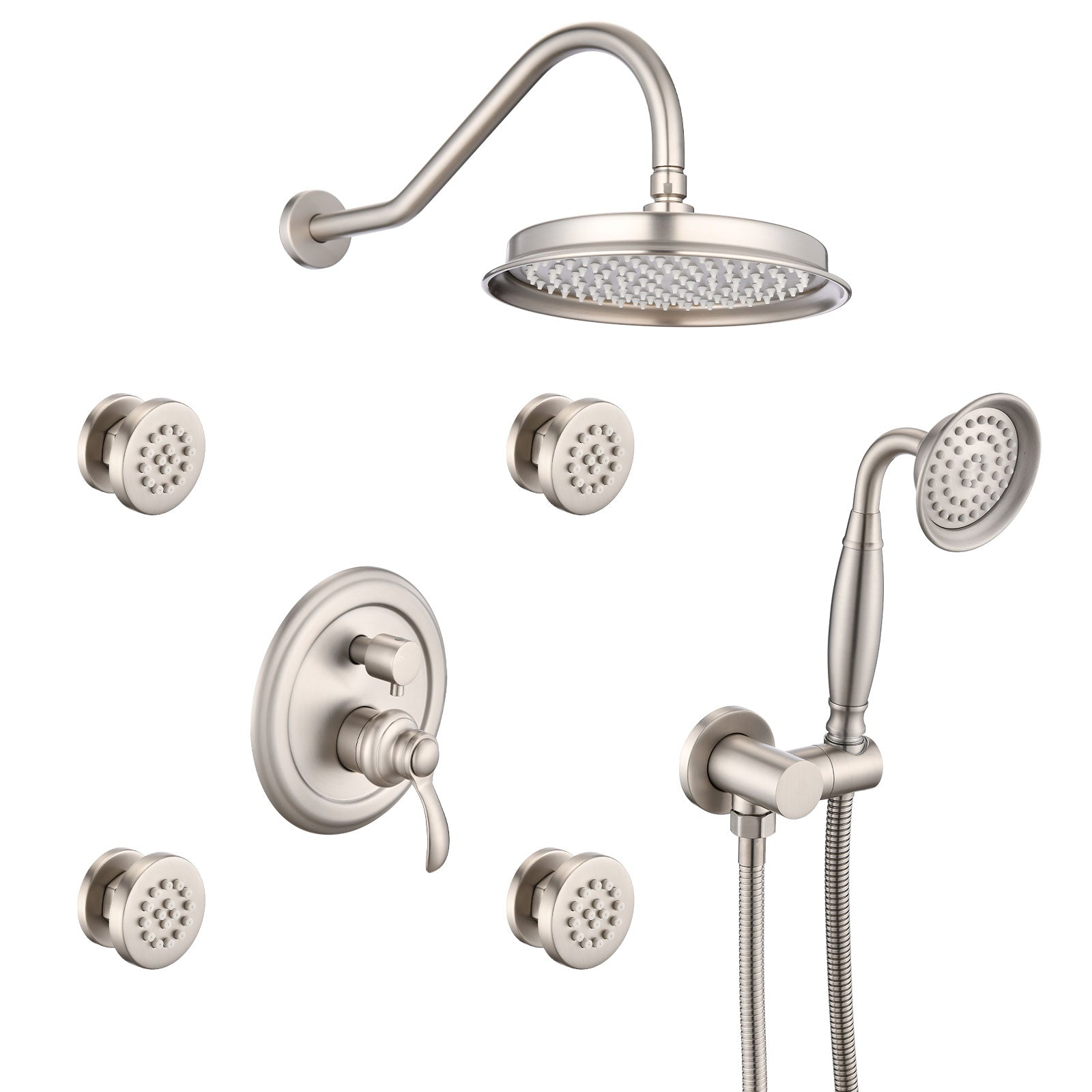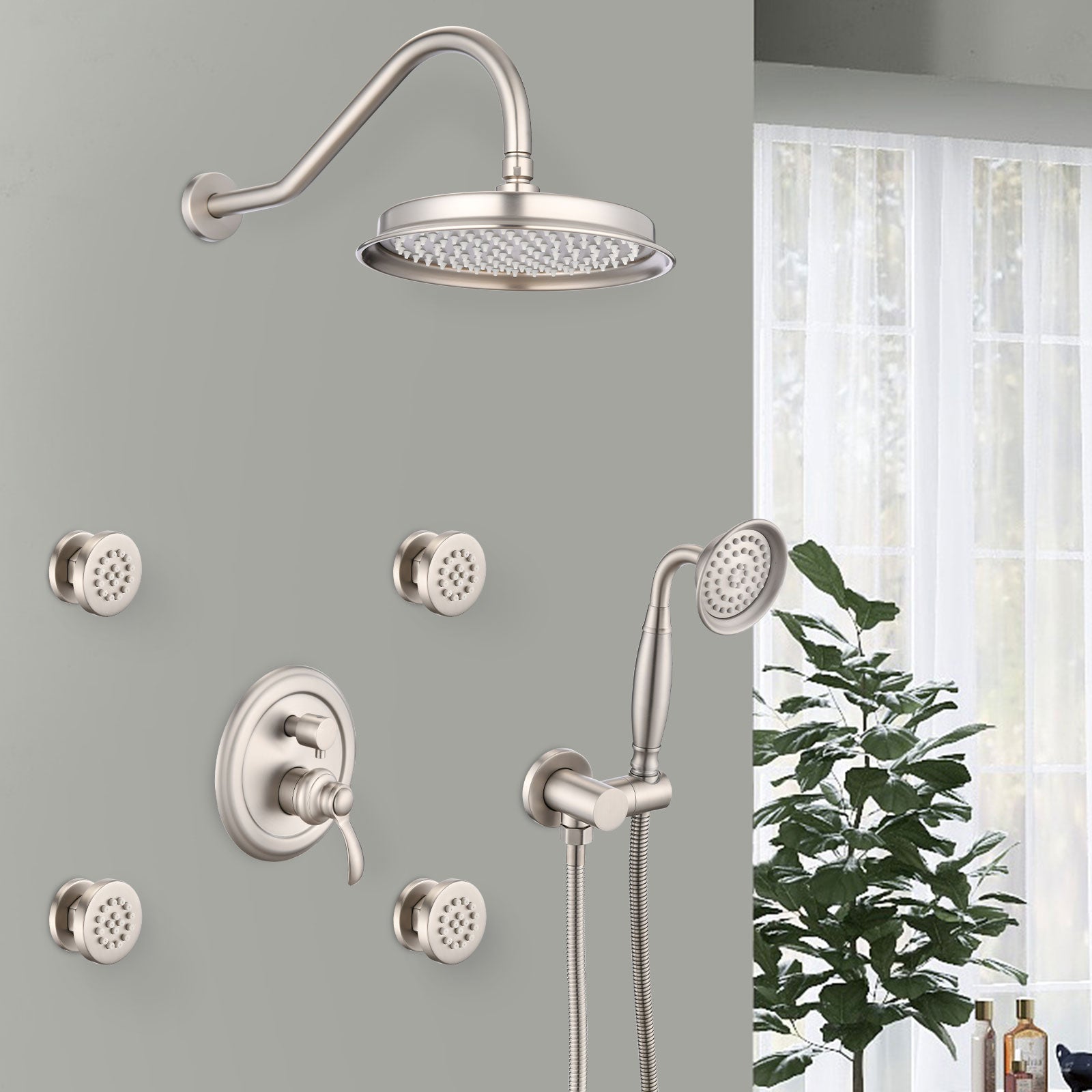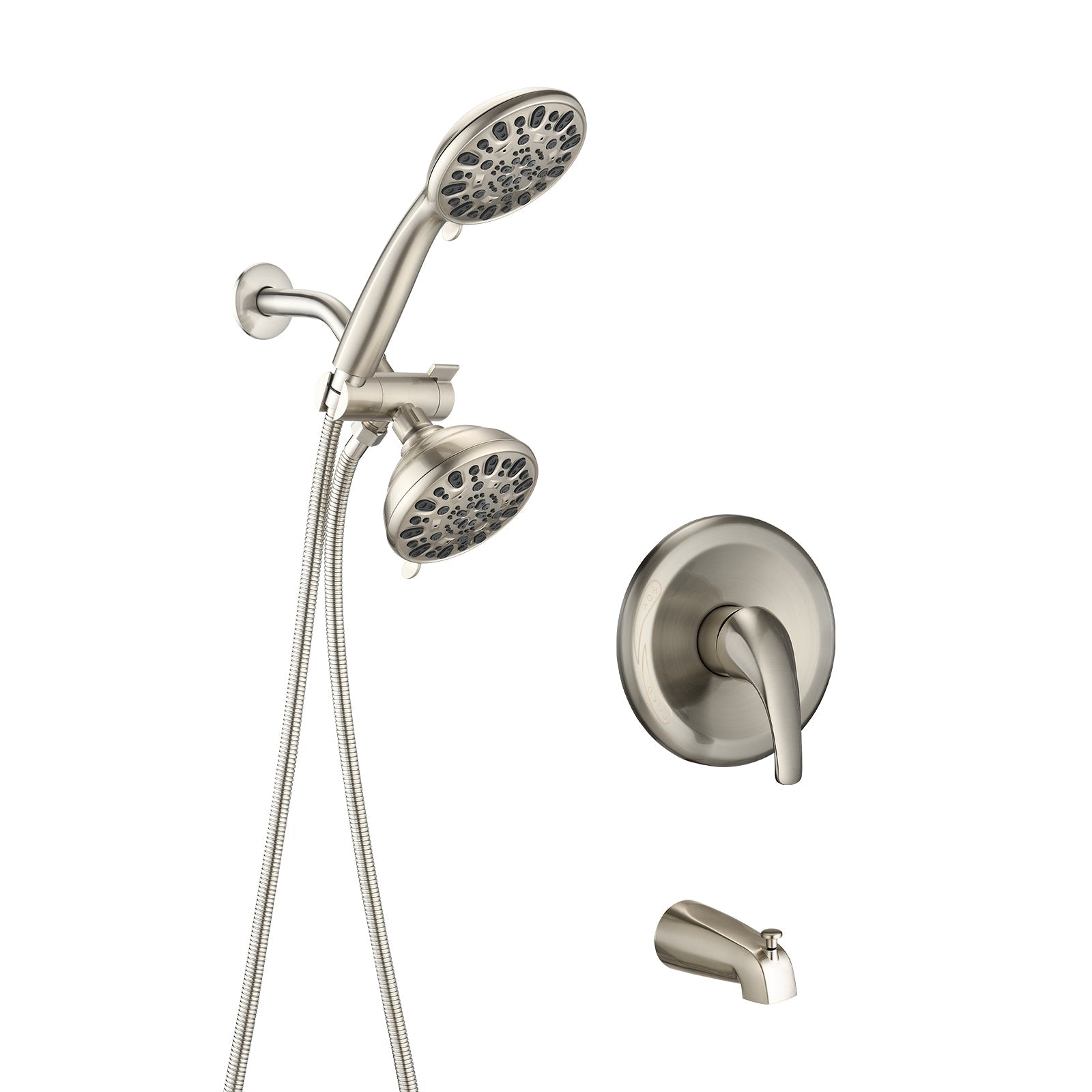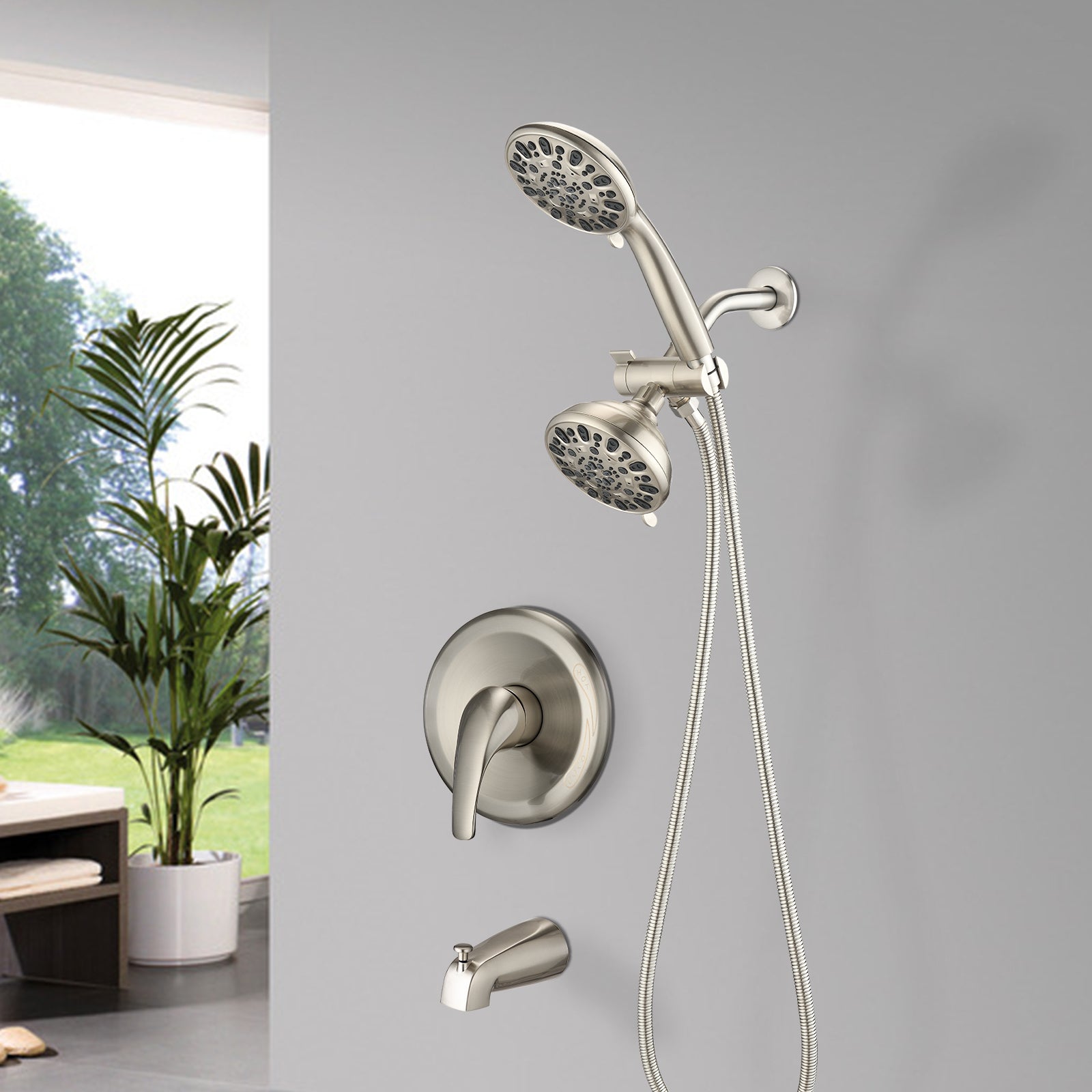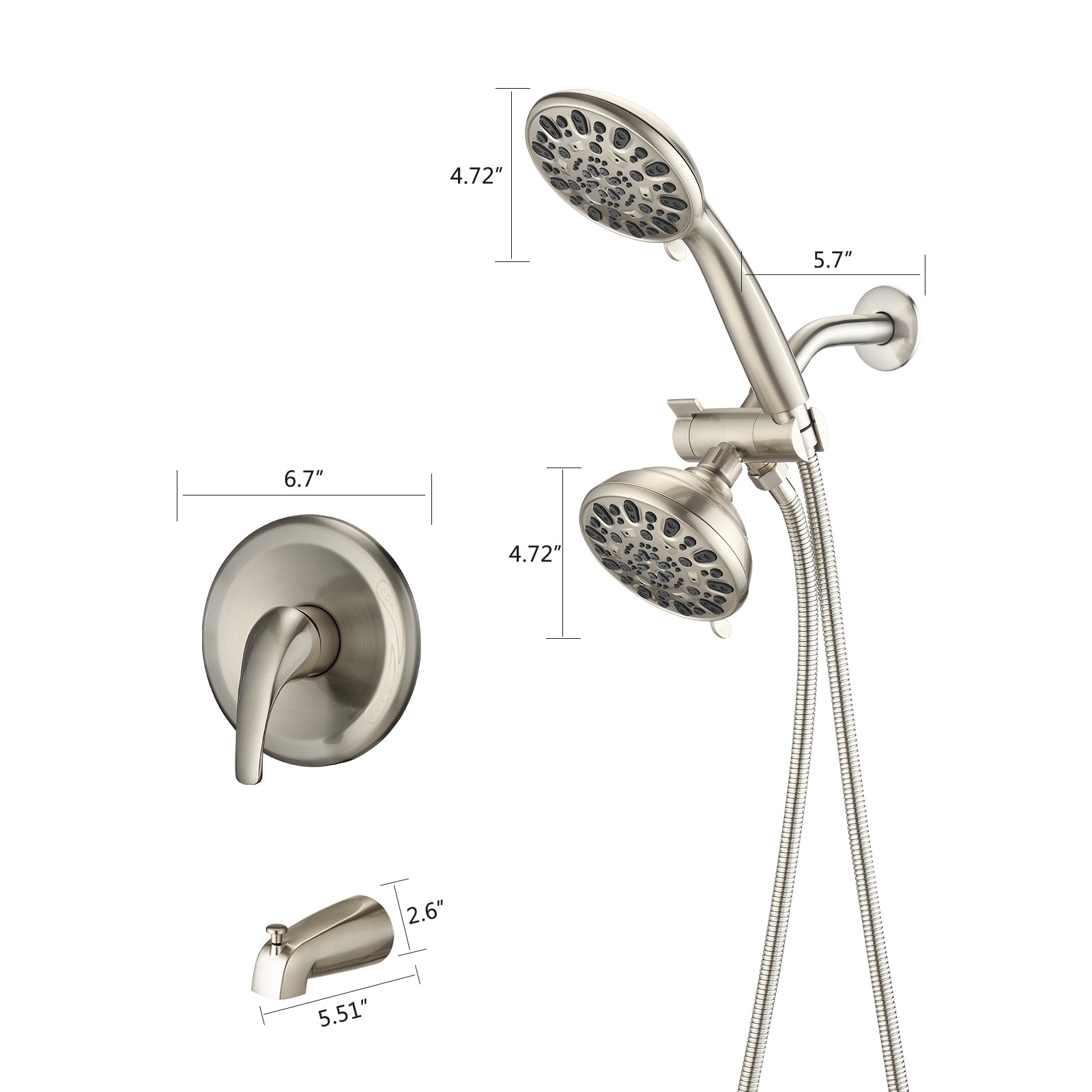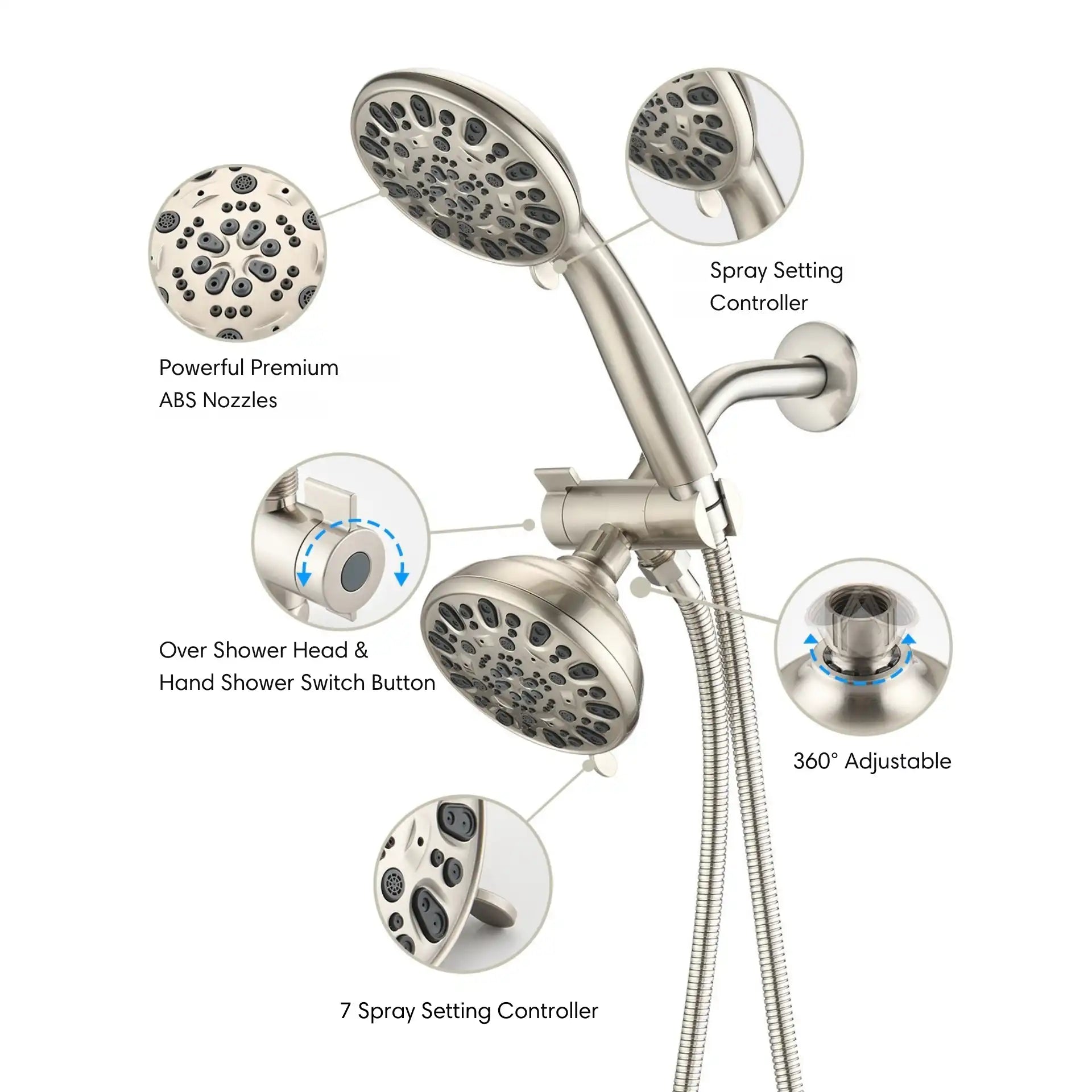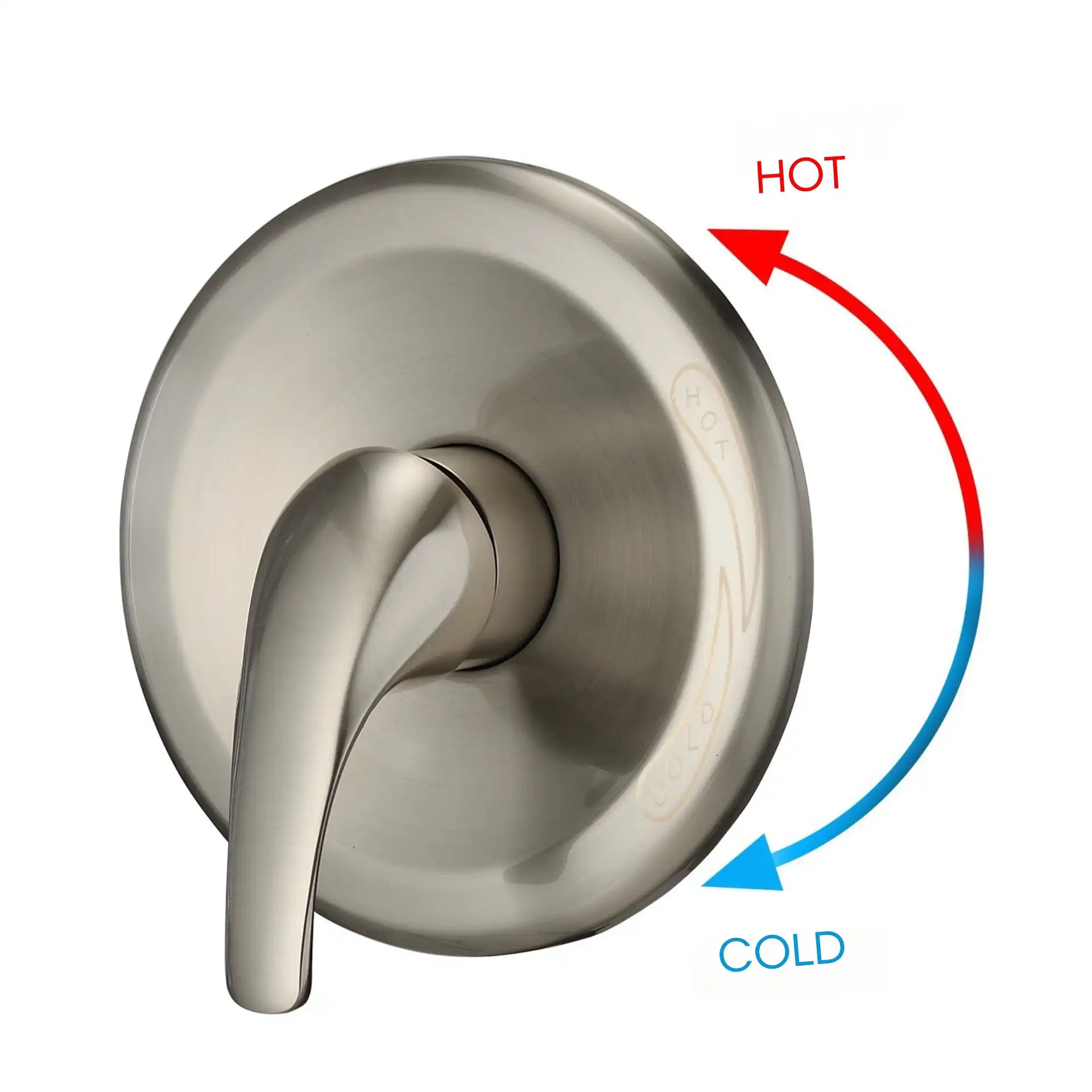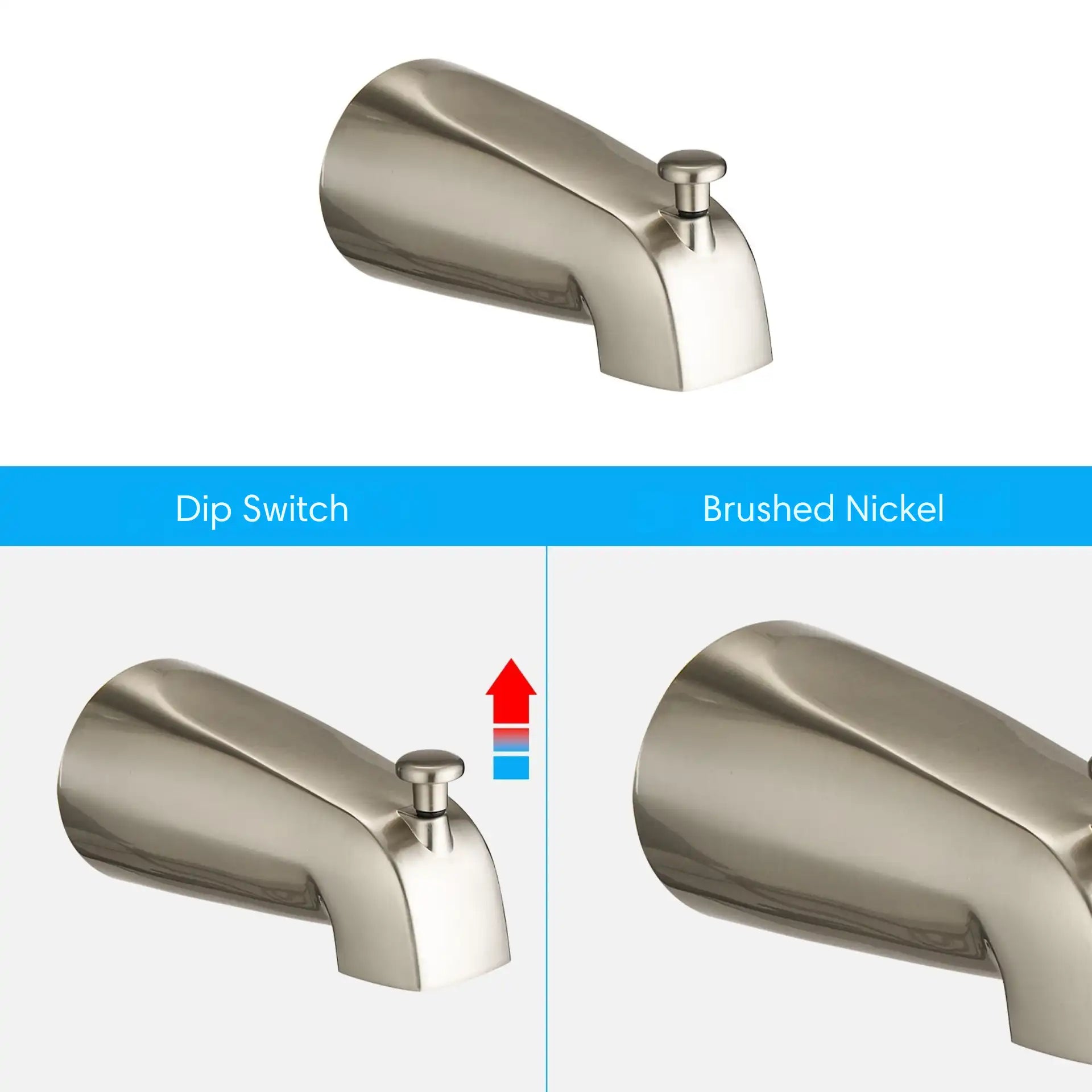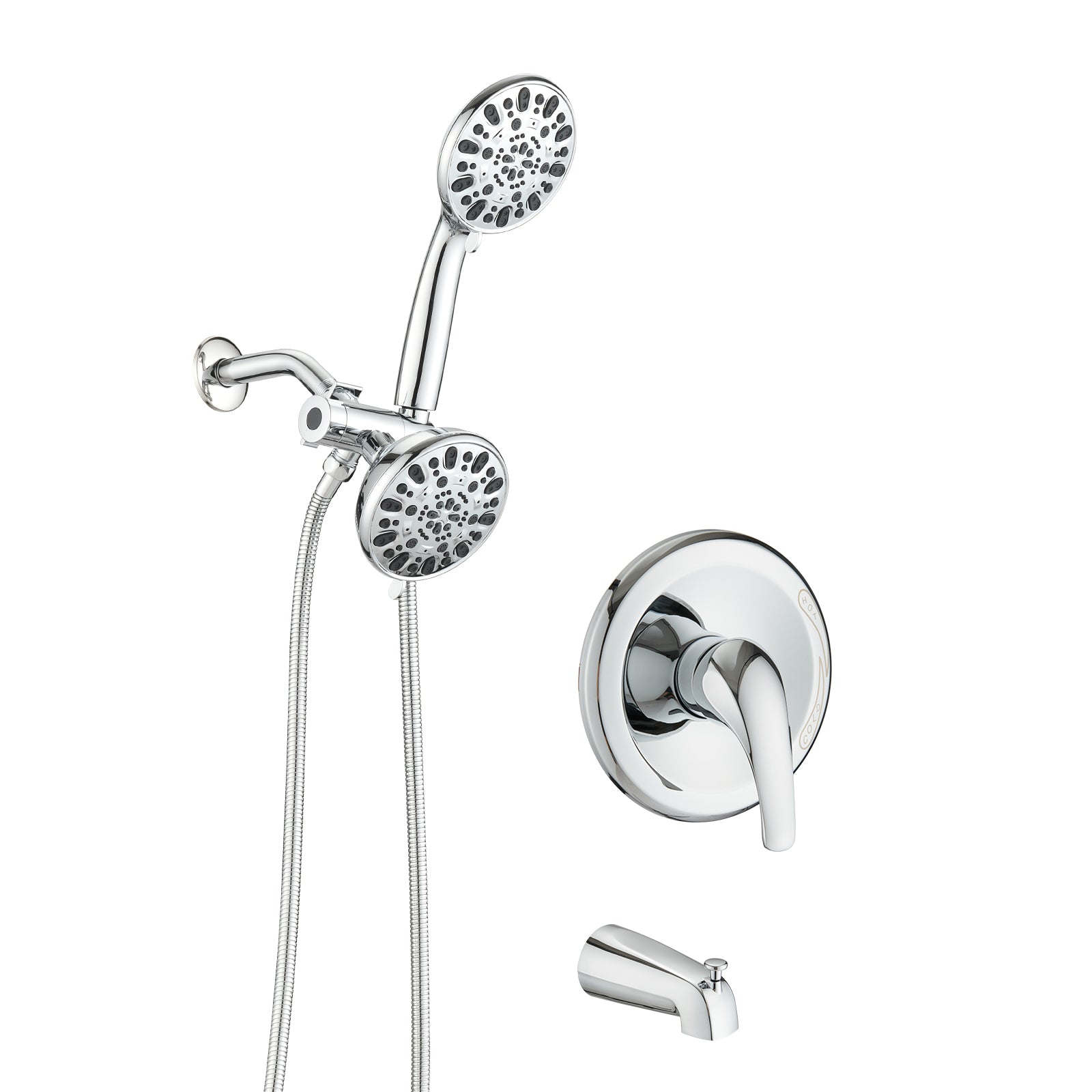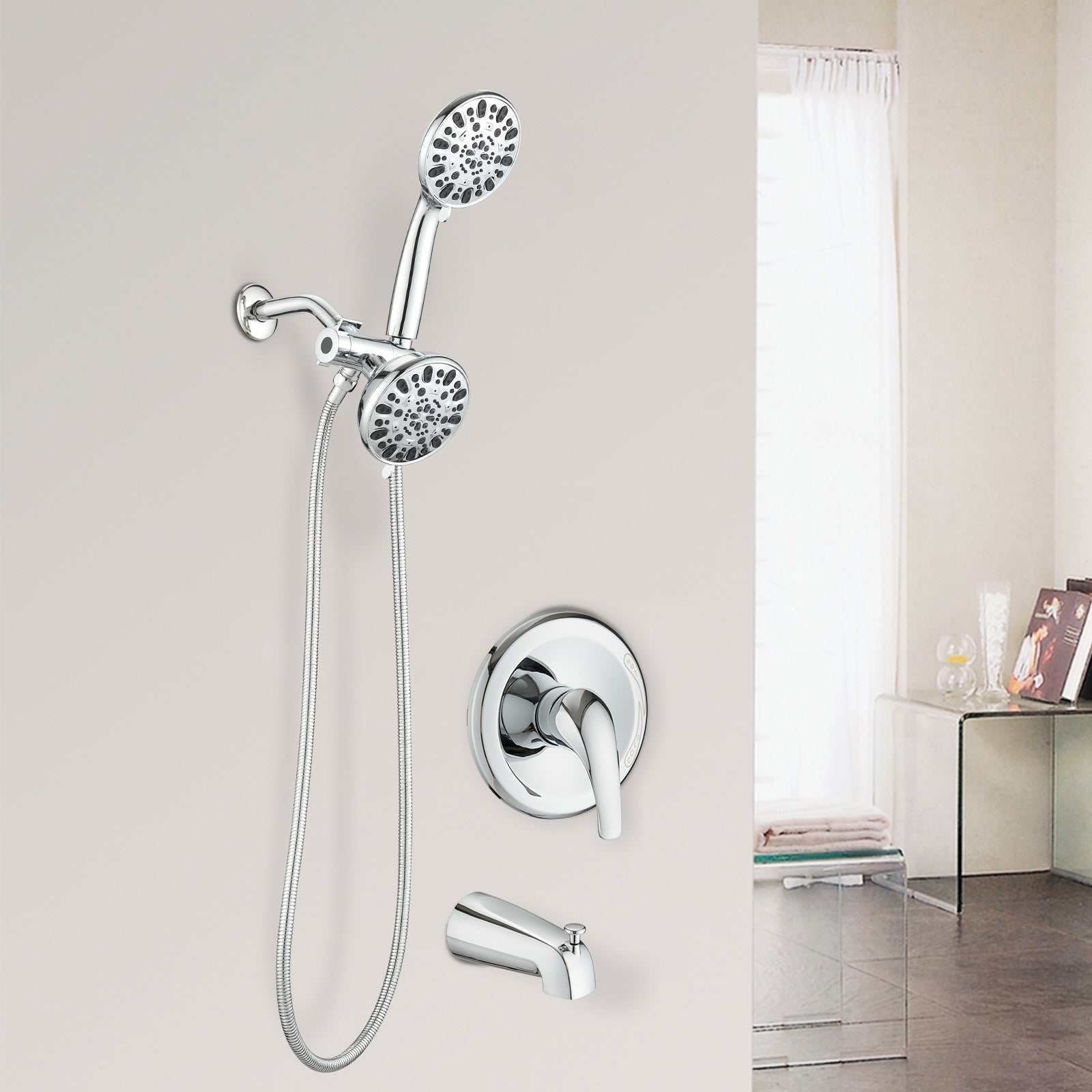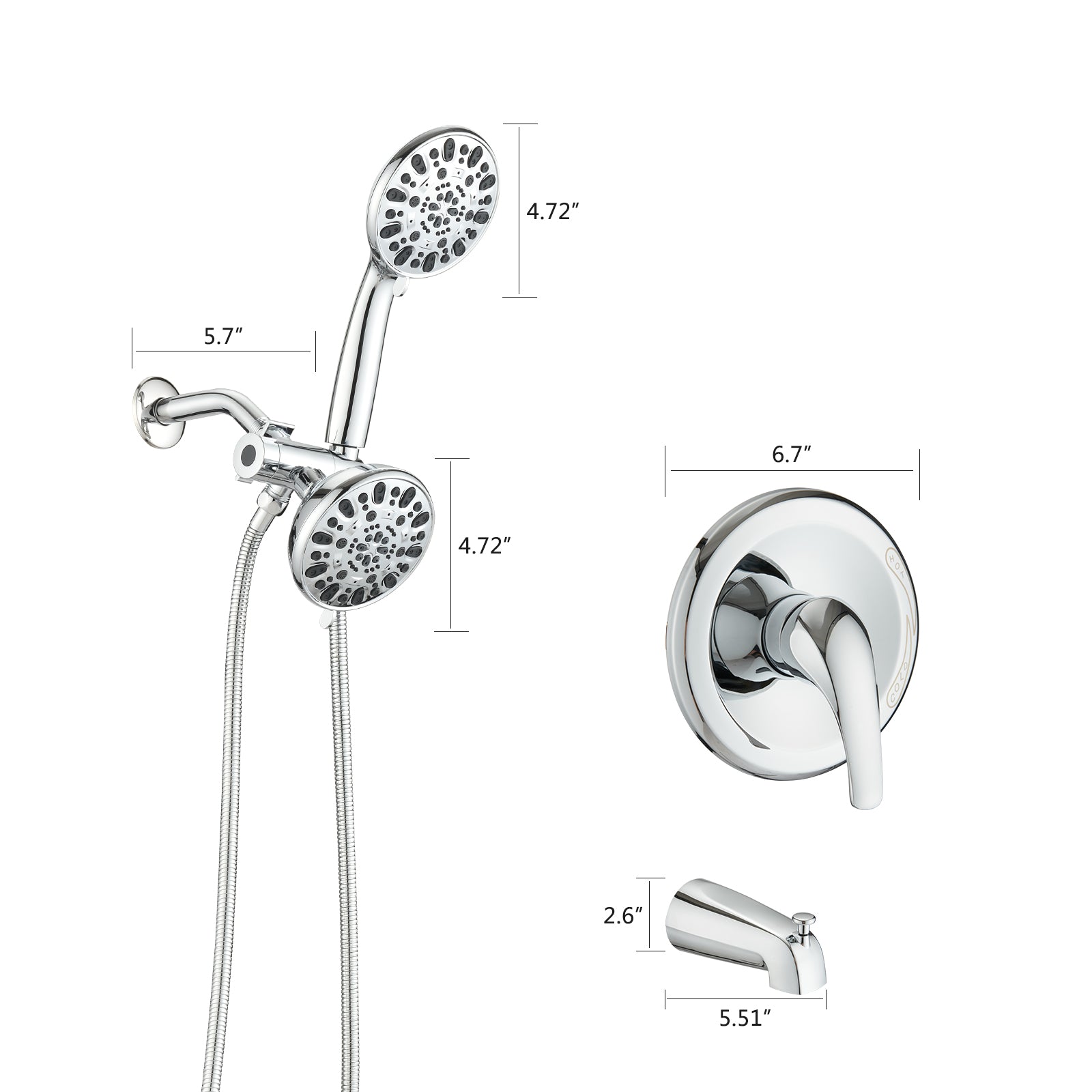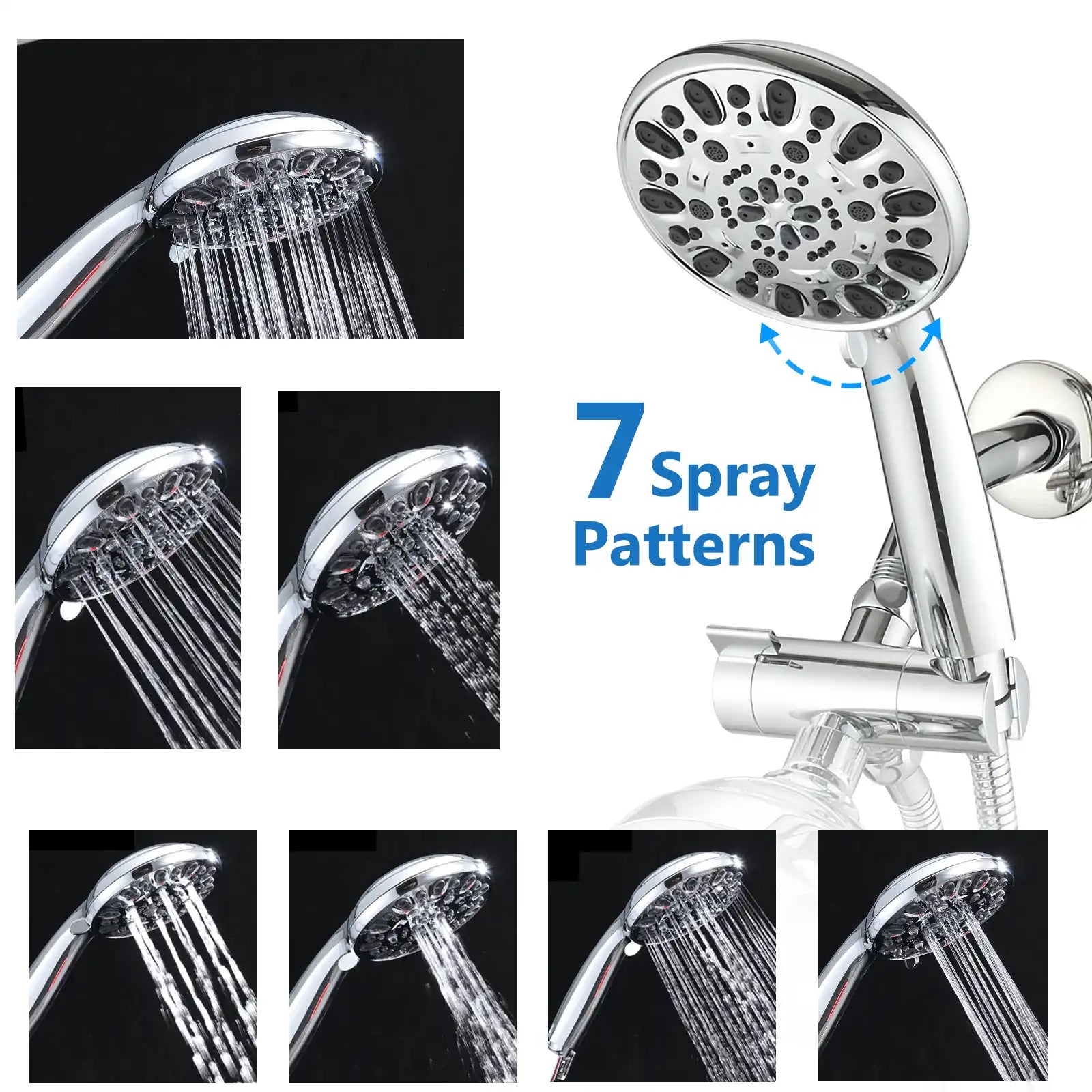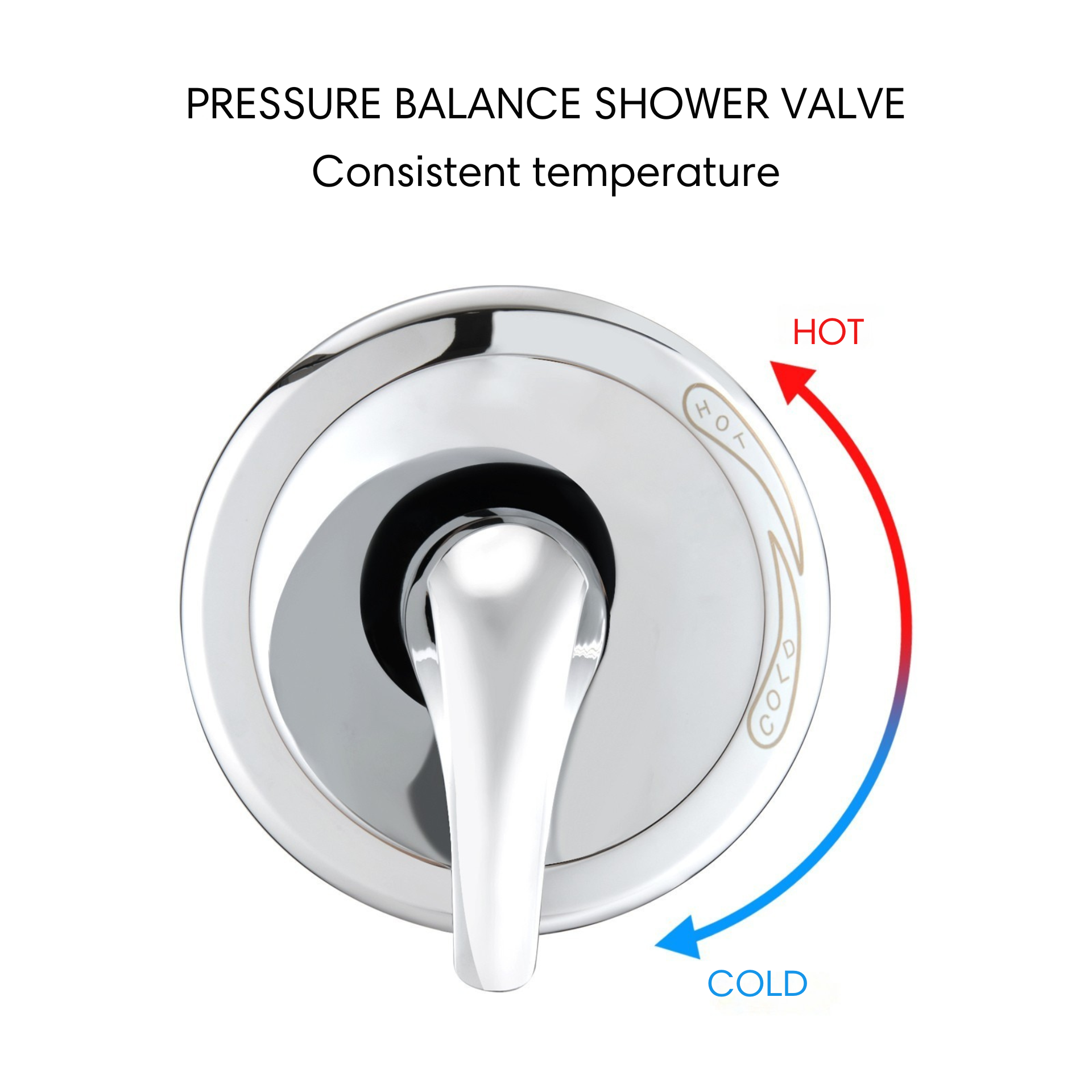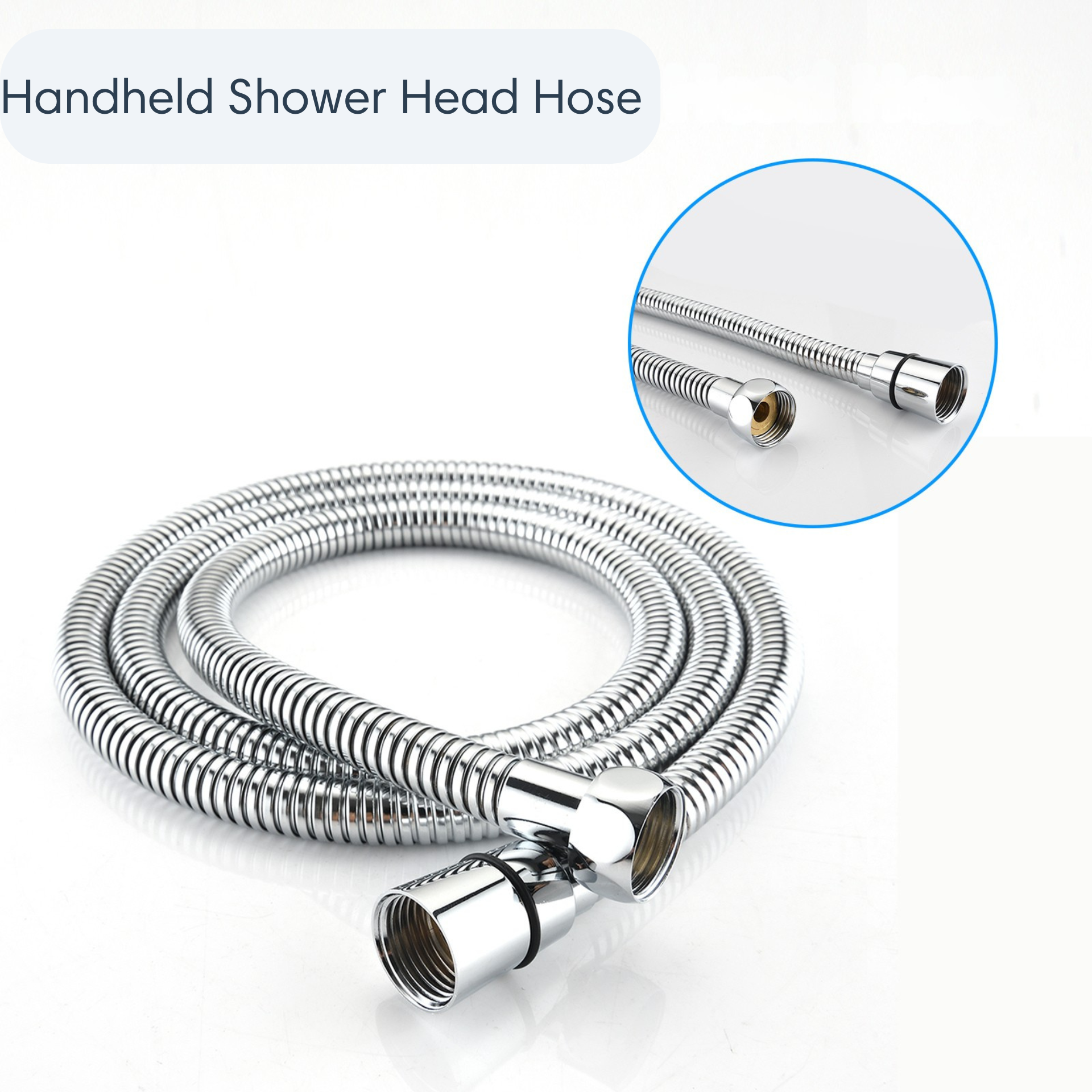Introduction
Let’s face it — don’t we all crave the spa-like, high-class, luxurious shower day-in and day-out? The kind that gives your skin a glowing finish, your hair a bouncy quality and your bathroom parties the ultimate in cleanliness? But if your water is more akin to liquid sandpaper, hard water is the likely culprit. This is one of those everyday problems that is more insidious than it sounds, and it’s having an effect well beyond your plumbing.
Table of Contents:
- 1. What’s the Deal with Hard Water Anyway?
- 2. How a Shower Head Water Softener Works (and Why That’s Awesome)
- 3. Top Benefits You’ll Notice Almost Immediately
- 4. Real Talk: Installation and Maintenance—Is It a Hassle?
- 5. Picking the Right One for Your Home
- Conclusion
- FAQ: Expert Answers to Your Soft Water Questions
1. What’s the Deal with Hard Water Anyway?
If you’ve ever stepped out of the shower feeling squeaky — and not in a good way — you’re probably bathing in hard water. Simply put, hard water is water that's high in minerals like calcium and magnesium. While these minerals aren’t dangerous to your health, they can be incredibly annoying to live with.
Over time, they accumulate as limescale in your pipes, clog your shower head and blanket your tiles in a filmy residue. And what about the effect on your skin and hair? Don’t even get me started. Hard water robs your skin of its own natural oils, leaving it dry and itchy. It also prevents soap and shampoo from lathering, so you’re using more of the product with less effect. And if your hair seems flat and lifeless of late, hard water could be the sneaky culprit.
The water softener for shower head does this — it takes out those extra minerals before they actually reach your body.

2. How a Shower Head Water Softener Works (and Why That’s Awesome)
Let’s break it down in easily understandable, non-chemistry terms. A shower head water softener is essentially a small water filter that you attach to your shower head, which then goes onto your existing shower. Inside, it contains things like ion exchange resins or multiple layers of filtration media that “trap” the calcium, magnesium, chlorine and sometimes even heavy metals before they leave the housing and get in your skin.
Think of it as the bouncer at the club door saying, “Sorry minerals, not tonight.” What flows through instead is softer, gentler water — kinder to your skin, hair, and everything it touches.
The majority of shower head softeners are simple to install — no plumber, no tool drama. Simply screw it on like any normal shower head, and pow! You’re in the soft water club. And no, it doesn’t ruin your water pressure

3. Top Benefits You’ll Notice Almost Immediately
So what difference will you see and feel when you start using a water softener for shower heads? A whole lot, actually.
It’s possible that people just notice that skin is softer, and that it feels softer to the touch. Once you get rid of all the mineral build up, your skin can hold onto its own natural moisture much, much better. Anybody know what that tight, dry feeling you get after you take a shower is called? Say goodbye to it. And it’s particularly apparent if you have eczema or sensitive skin — soft water just feels… right.
Next up is your hair. It’s shiny(ier), manageable(able-er) and you know, shampoo actually lathers the way its meant to. You might even toss less conditioner into your hair, because it’s not all tangled up into a straw-like mess.
Your bathroom cleanliness, that is. No more chalky white streaks on your shower glass or crusty residue around your fixtures. It even makes cleaning less of a chore, as soft water leaves behind less of a residue behind.

4. Real Talk: Installation and Maintenance—Is It a Hassle?
Short answer? Nope.
There are many great things about a water softener for shower head, but perhaps the best thing is how non-invasive they are. You’re not ripping open walls or ripping out pipes. Most models simply screw right onto your existing shower arm and can be completed in under ten minutes. Yes, even if you’re one of those people who calls someone to change the lightbulb.
Maintenance? It’s mostly about changing the filter cartridge every few months, depending on how hard your water is and how often you shower. Many softeners come with a visual indicator or simple schedule in the manual — easy and oddly satisfying.
So, is it a hassle? Not at all. It’s arguably one of the less effort-intensive updates you can make for one of the higher-impact returns.
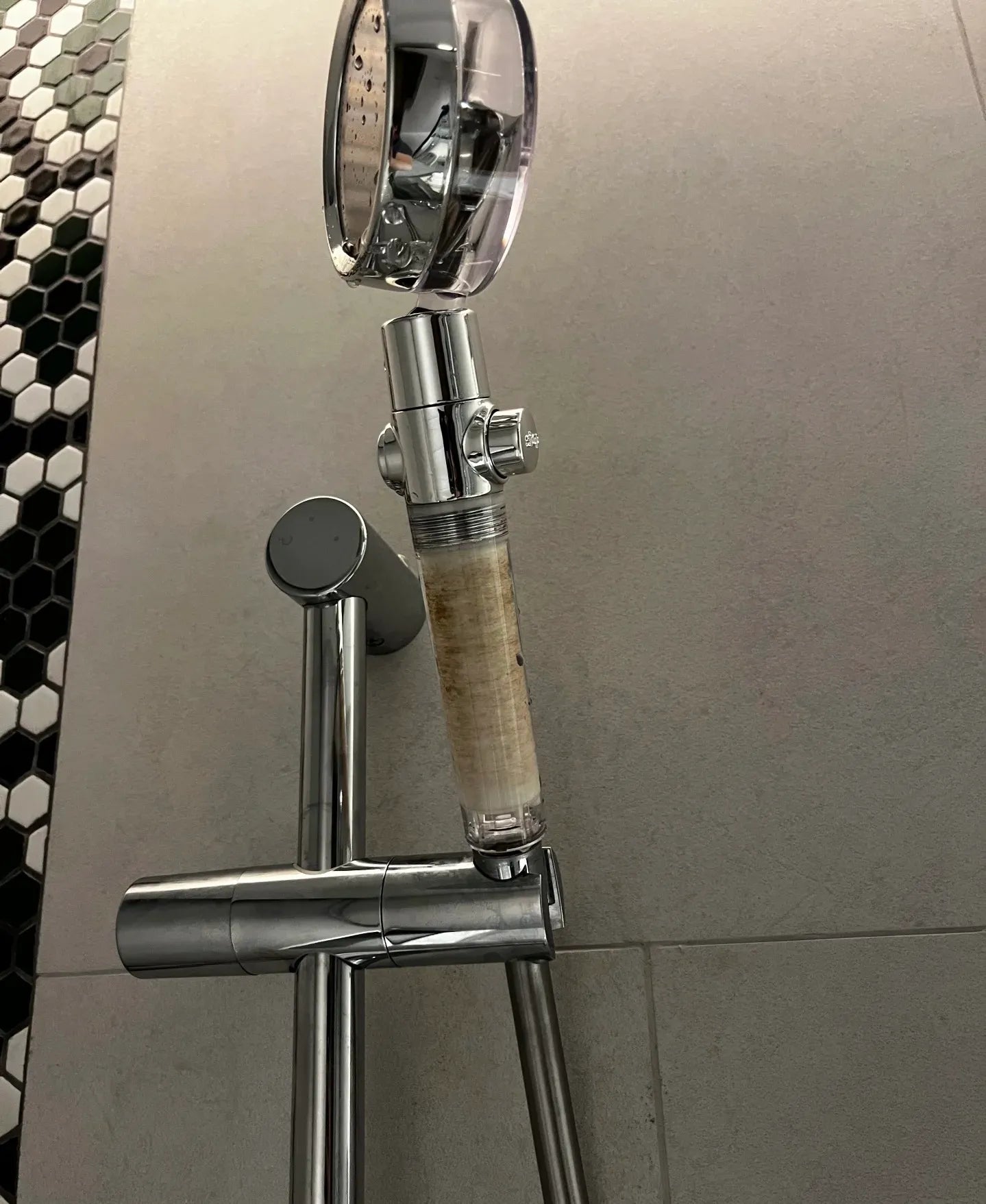
5. Picking the Right One for Your Home
It’s not an expensive rocket science to make a choice for best water softener for shower head, but there are a few things you need to keep in mind.
First thing, determine how hard your water is. If you live in a very hard water area, try to find a softener that uses more than one type of filtration — such as KDF, activated carbon and ceramic balls. More layers are better for performance.
Think about filter life. Some last only 2-3 months, others can be 6 months or longer. Take your shower habits into consideration, and weigh the cost of convenience.
You'll want proper installation compatibility. Most softeners are universal fit, but double check that it matches your shower — especially if you have a fancy high pressure system.
Bottom line: Choose what works for you, your water quality and your tastes. You don’t have to ruminate; just be a little thoughtful.

Conclusion
Living with hard water might seem like a minor annoyance — until you experience life without it. A water softener for your shower head is an incremental upgrade with big returns. Softer skin, shinier hair, a cleaner bathroom, a more luxurious shower experience … all for the cost of a few lattes and 10 minutes of your time.
FAQ: Expert Answers to Your Soft Water Questions
Q1: Do I really need a water softener for my shower if I already have a whole-house filter?
A: Great question! If your whole-house system already softens water, you might not need a separate one — but many whole-house filters focus on chlorine and sediment, not minerals.
Q2: Can it completely eliminate all minerals in the water?
A: Not 100%, but close! Most models significantly reduce calcium and magnesium — the main culprits in hard water — as well as chlorine and other irritants.
Q3: Will it reduce my water pressure?
A: A good quality softener shouldn’t noticeably affect pressure. If you do feel a drop, check for a clogged filter or opt for a softener designed specifically for high-pressure systems.
Q4: Is it worth the cost?
A: Absolutely. Considering the benefits — from better skin and hair to less cleaning — most people find it pays for itself in just a few months. It’s one of those upgrades that makes you wonder how you ever lived without it.
Related Articles
Double the Shower, Double the Joy: Why a Shower with Dual Shower Heads Changes Everything
How to Choose Shower Systems with Rain Head: Avoid Mistakes, Buy Smart
Understanding Shower Head GPM: How to Choose the Right Flow for Your Bathroom Experience
Top High Flow Shower Heads That Instantly Improve Low Water Pressure
